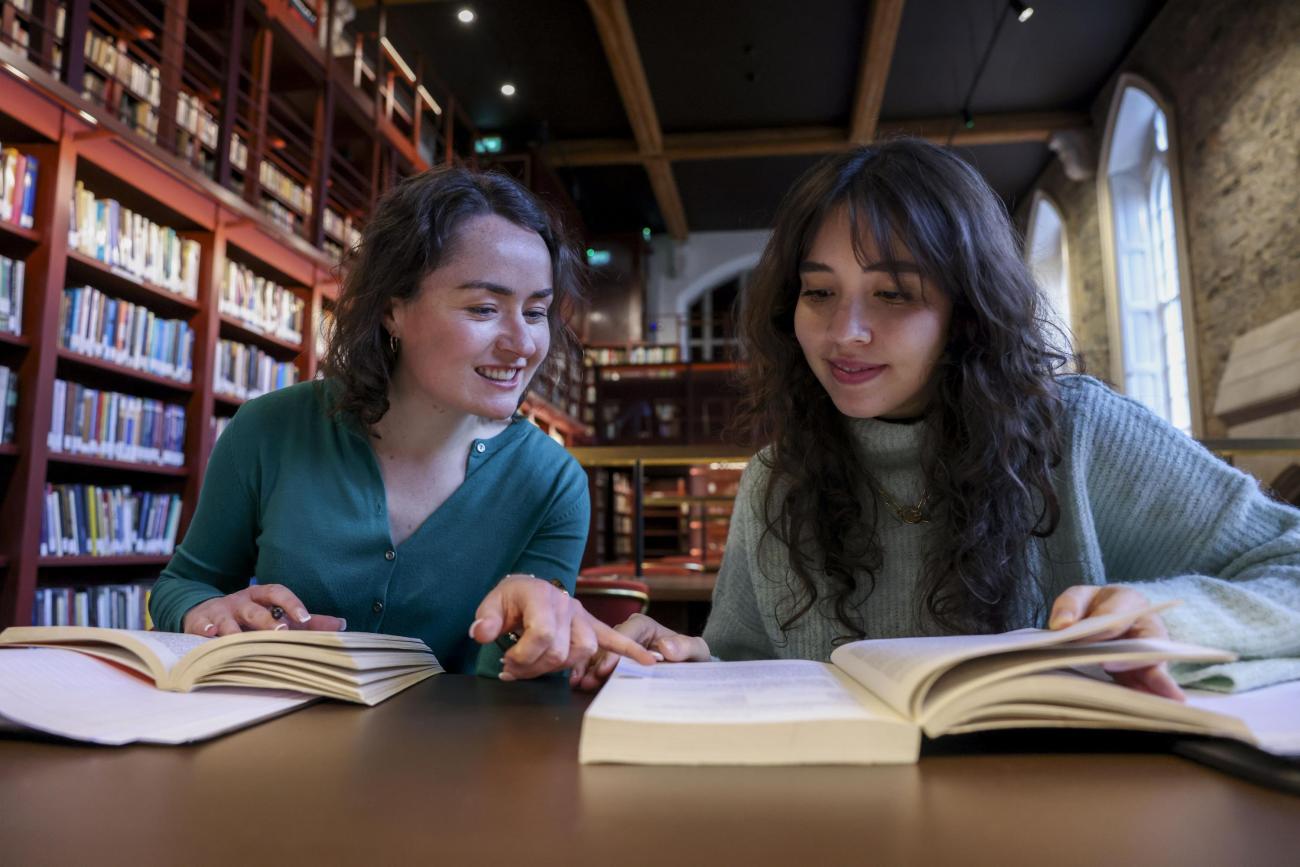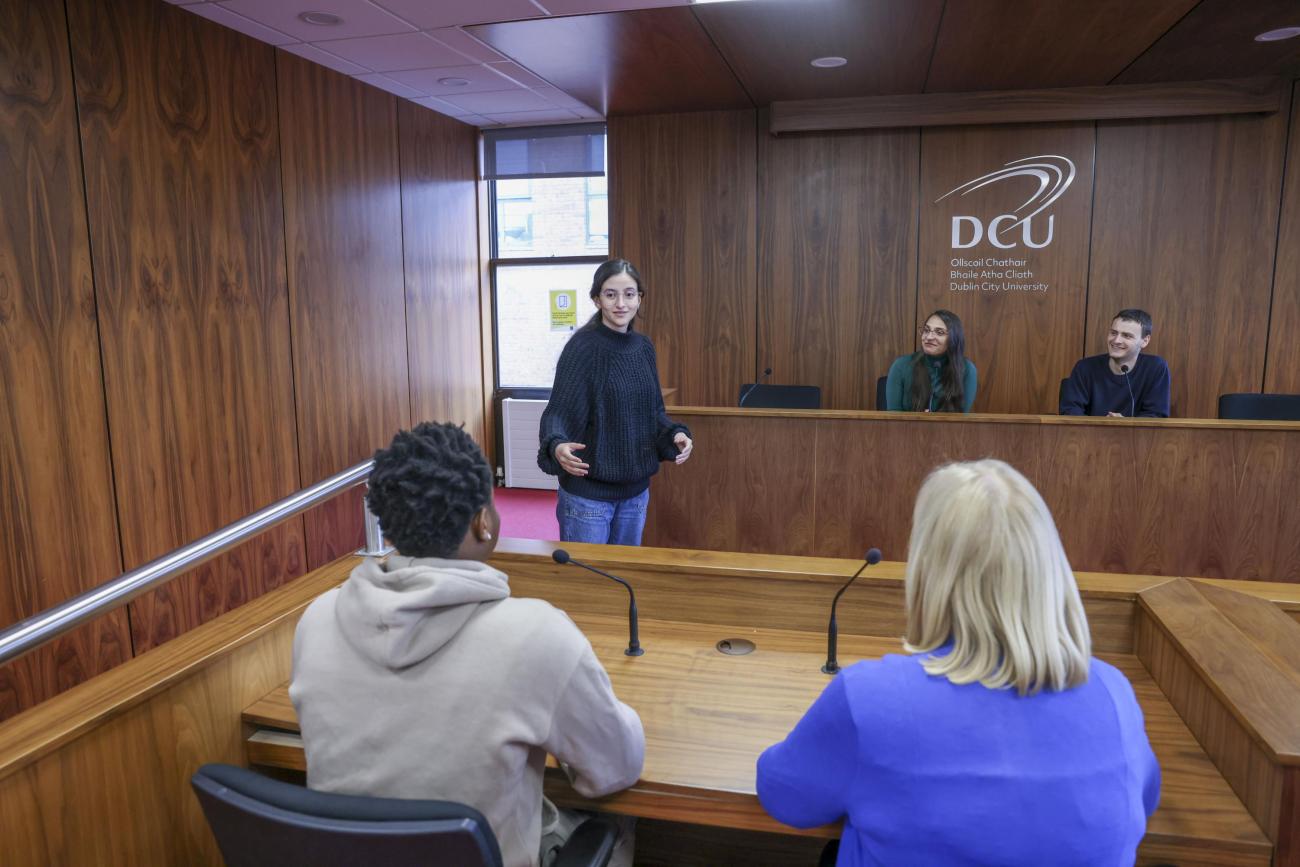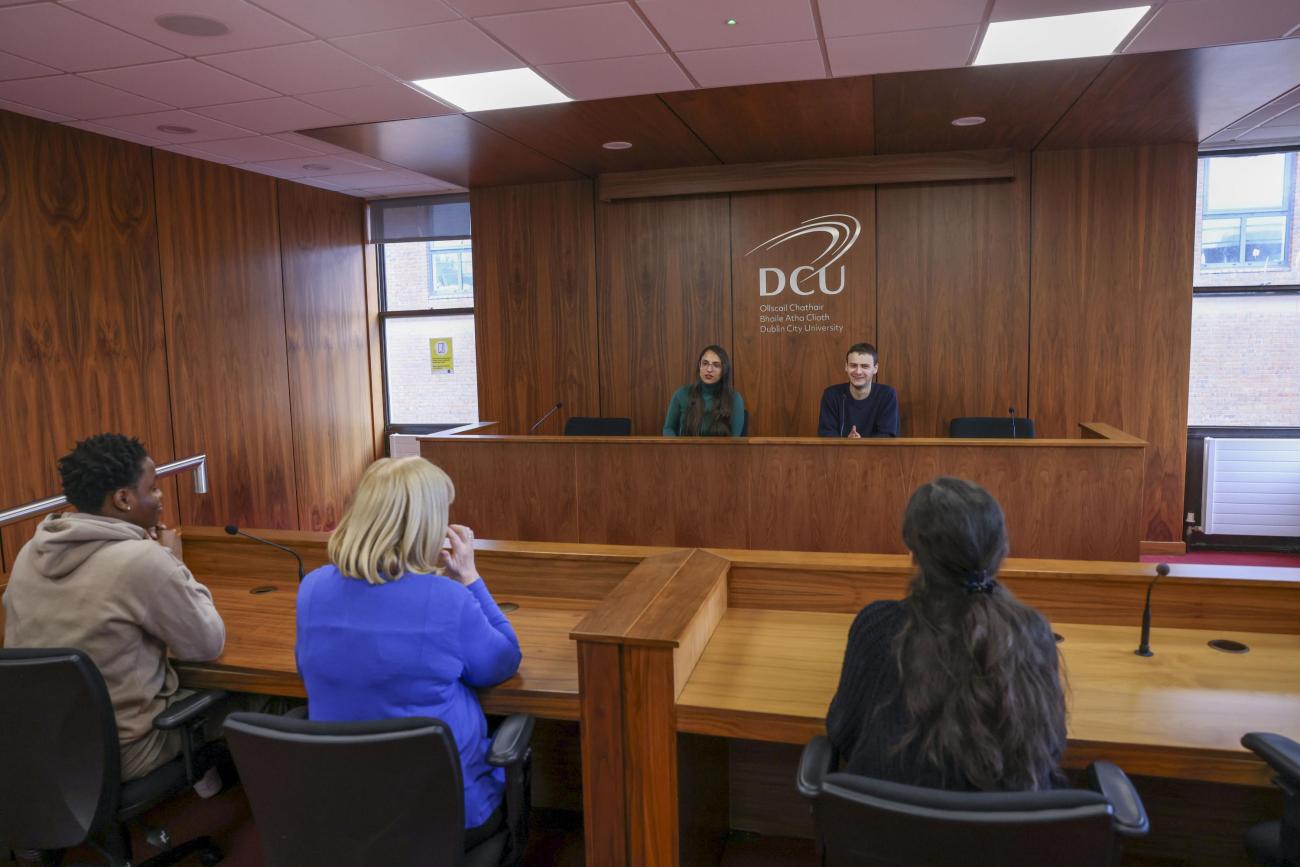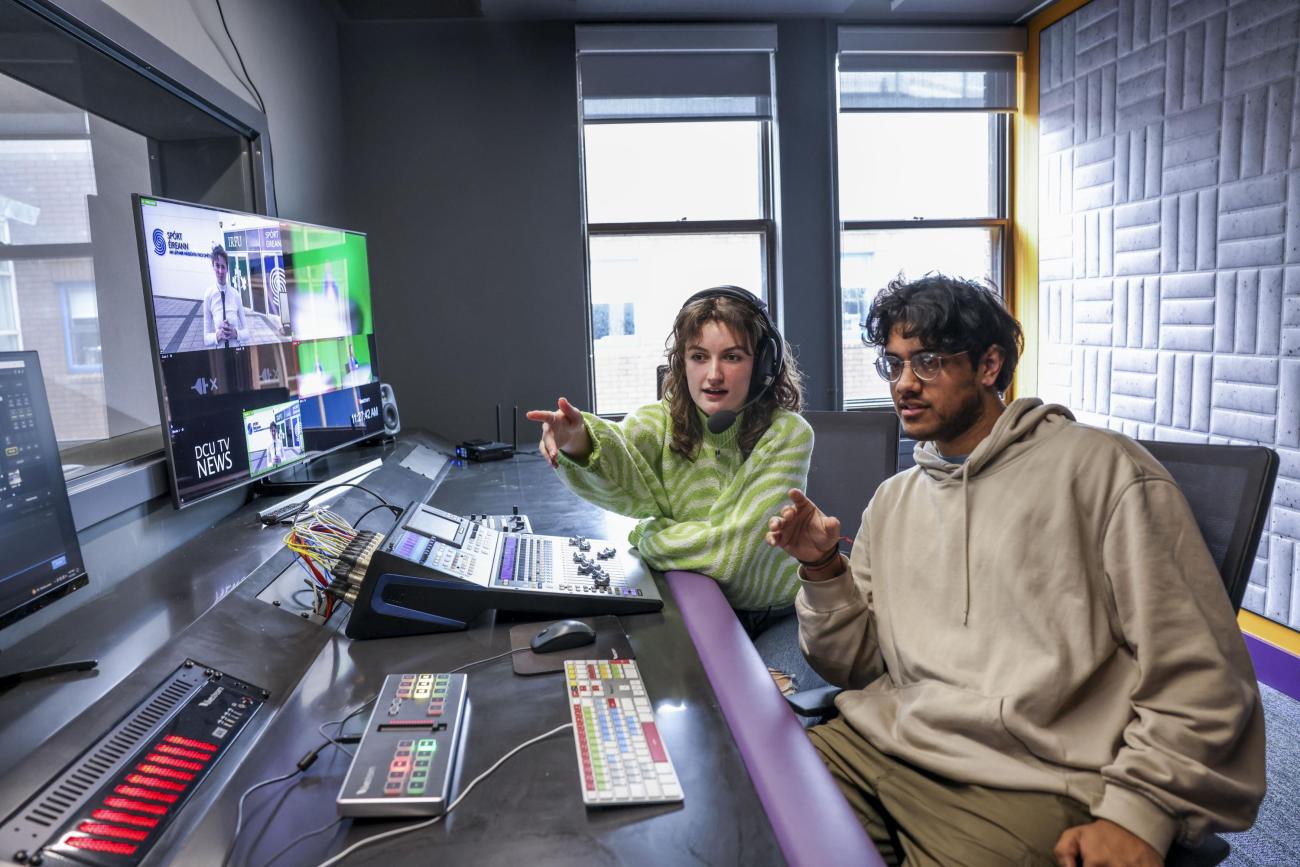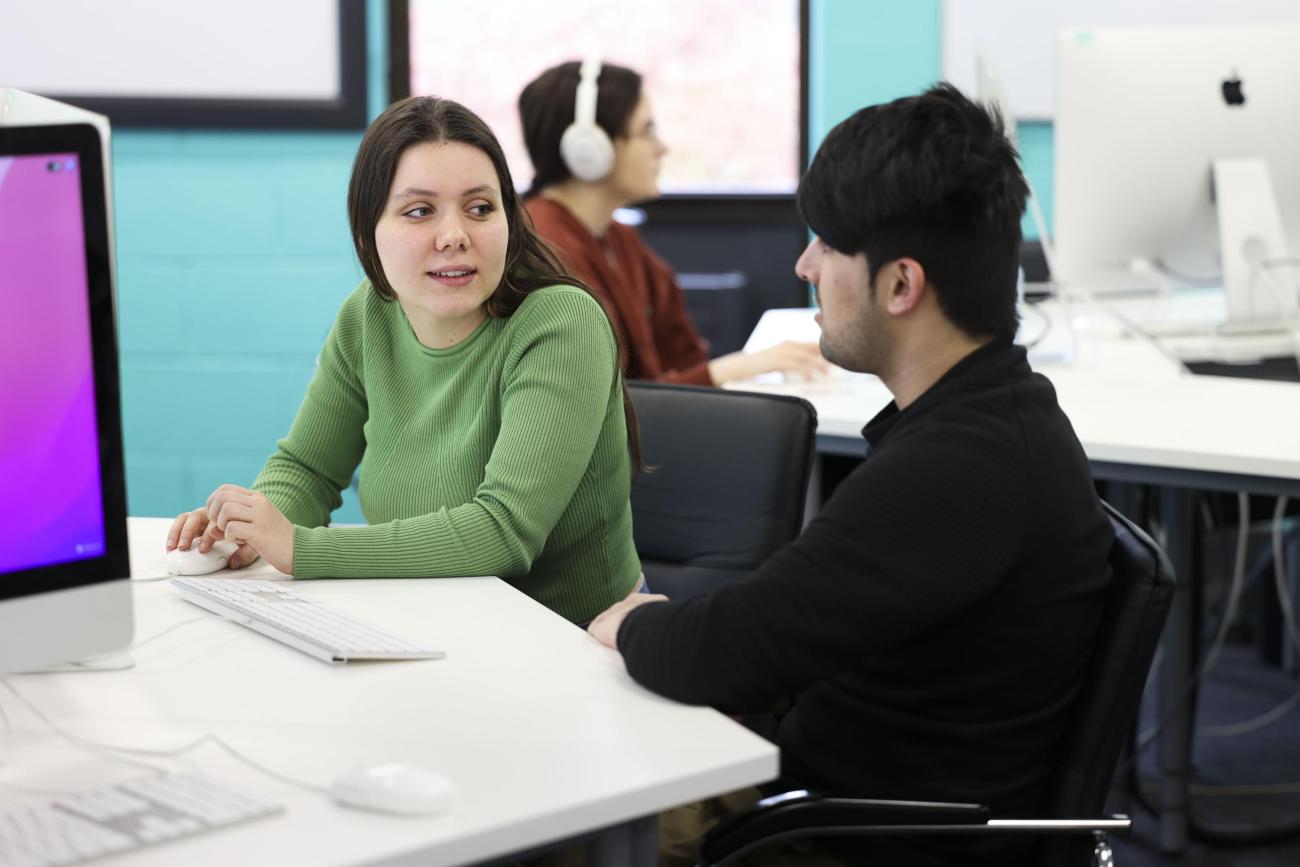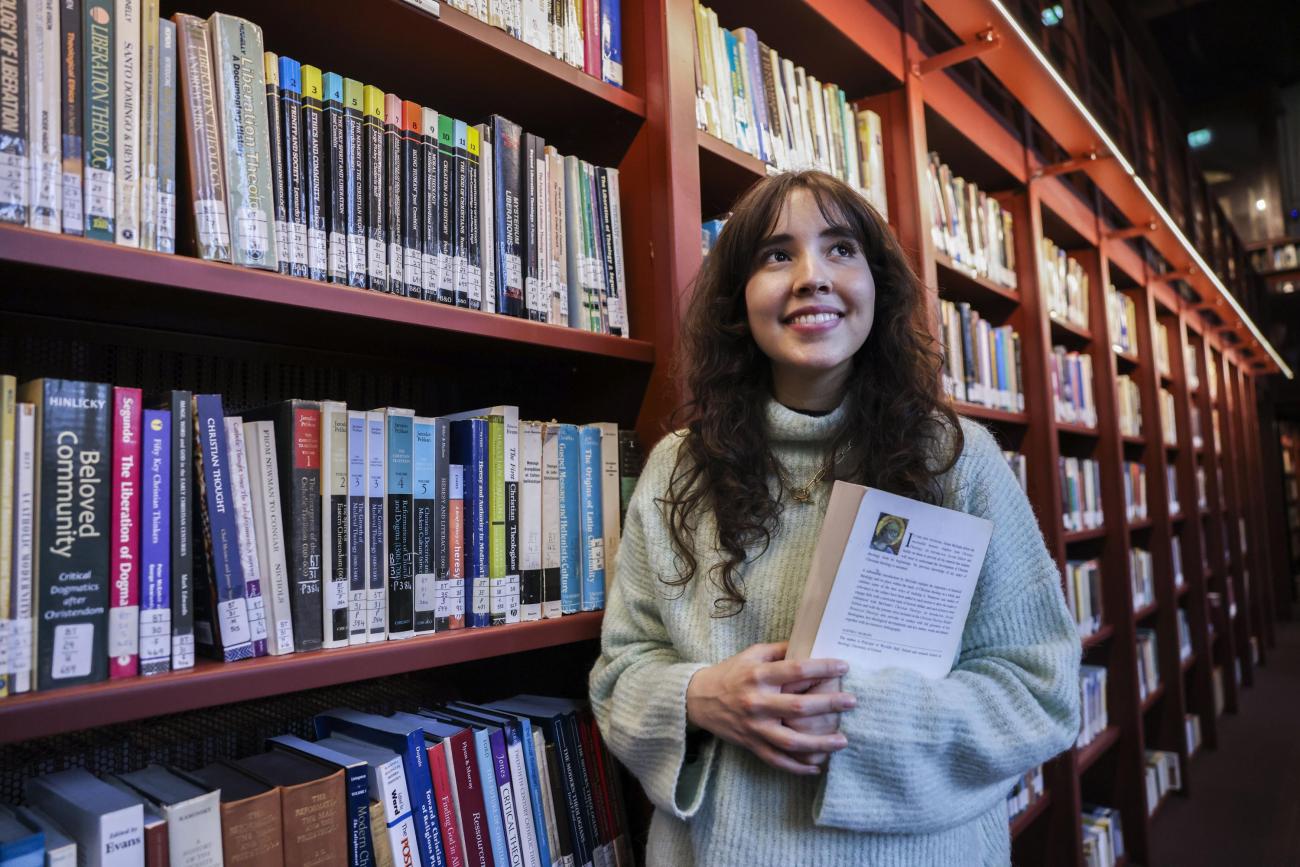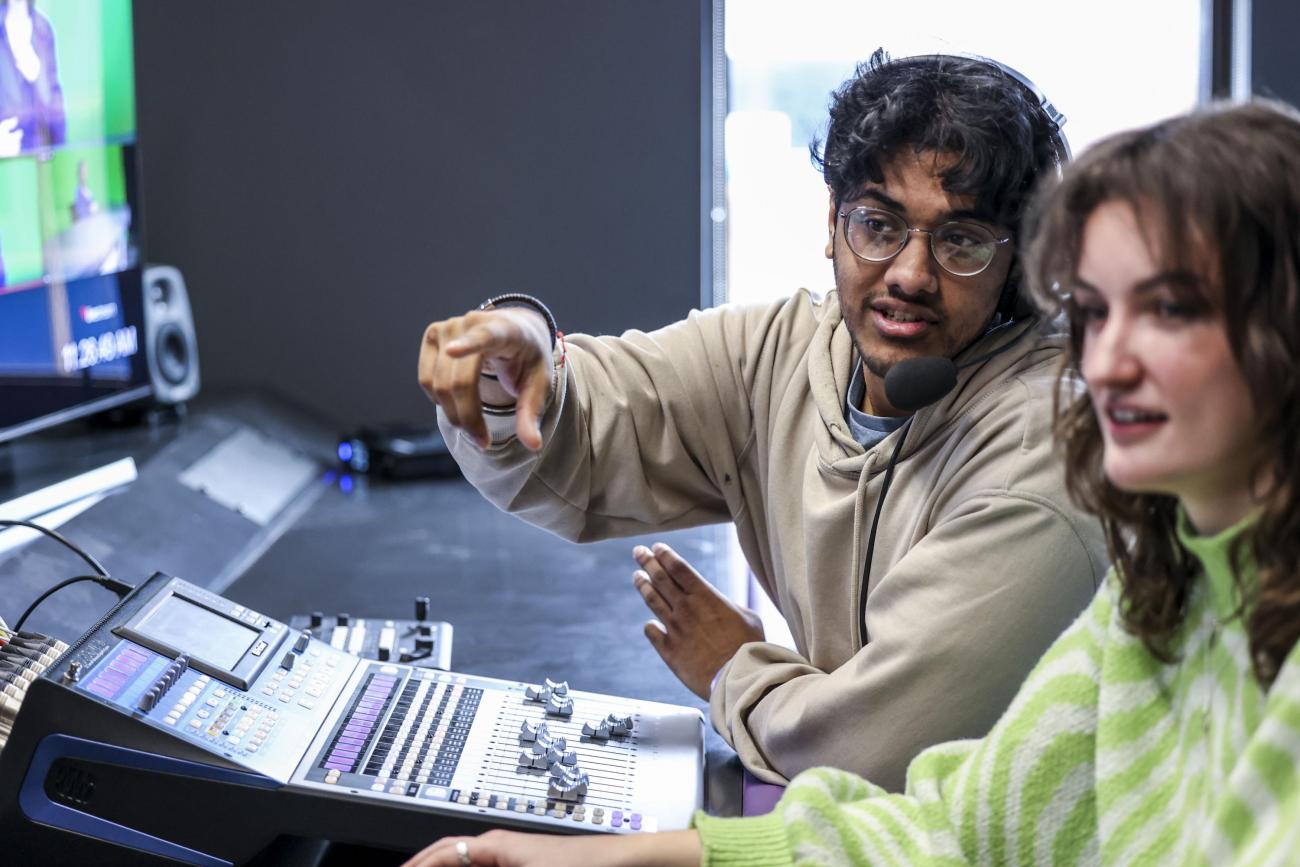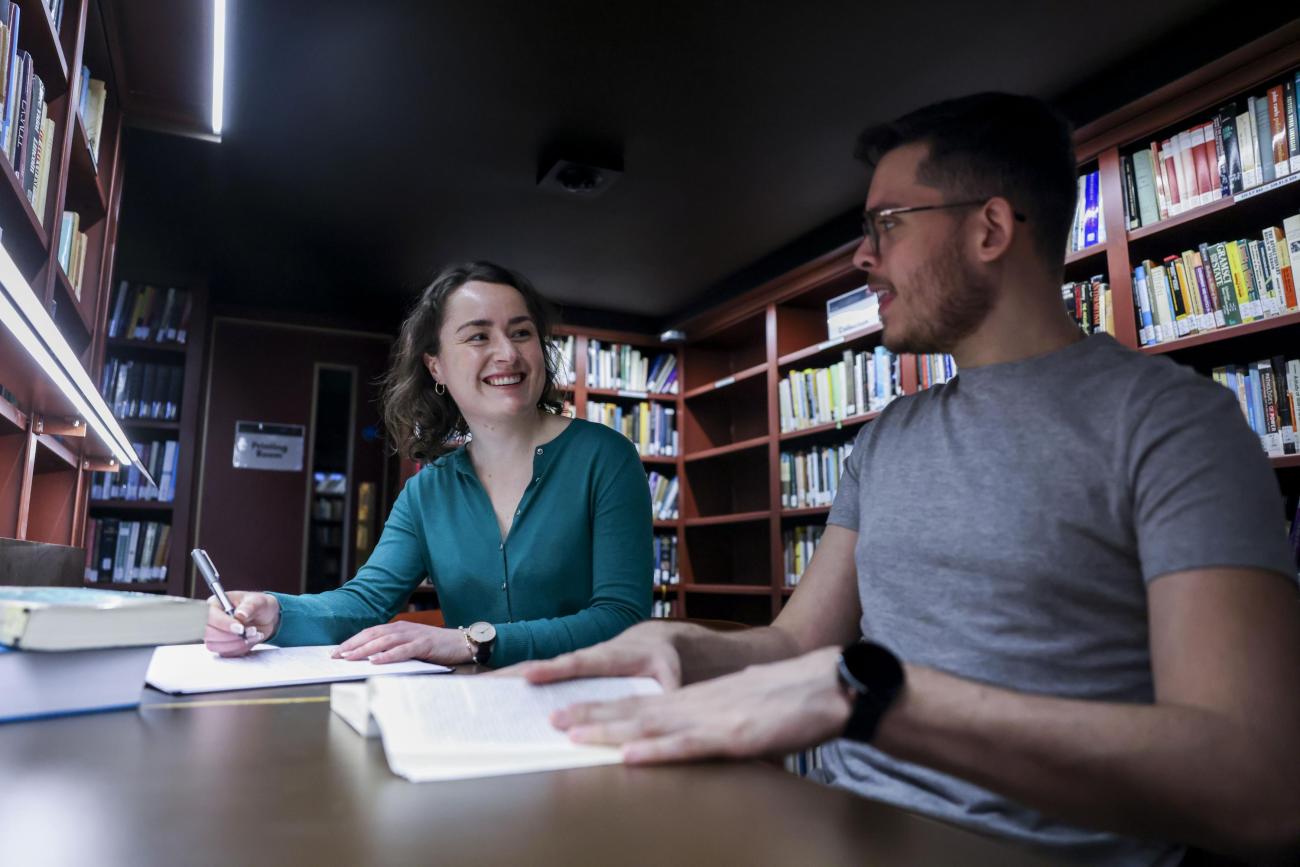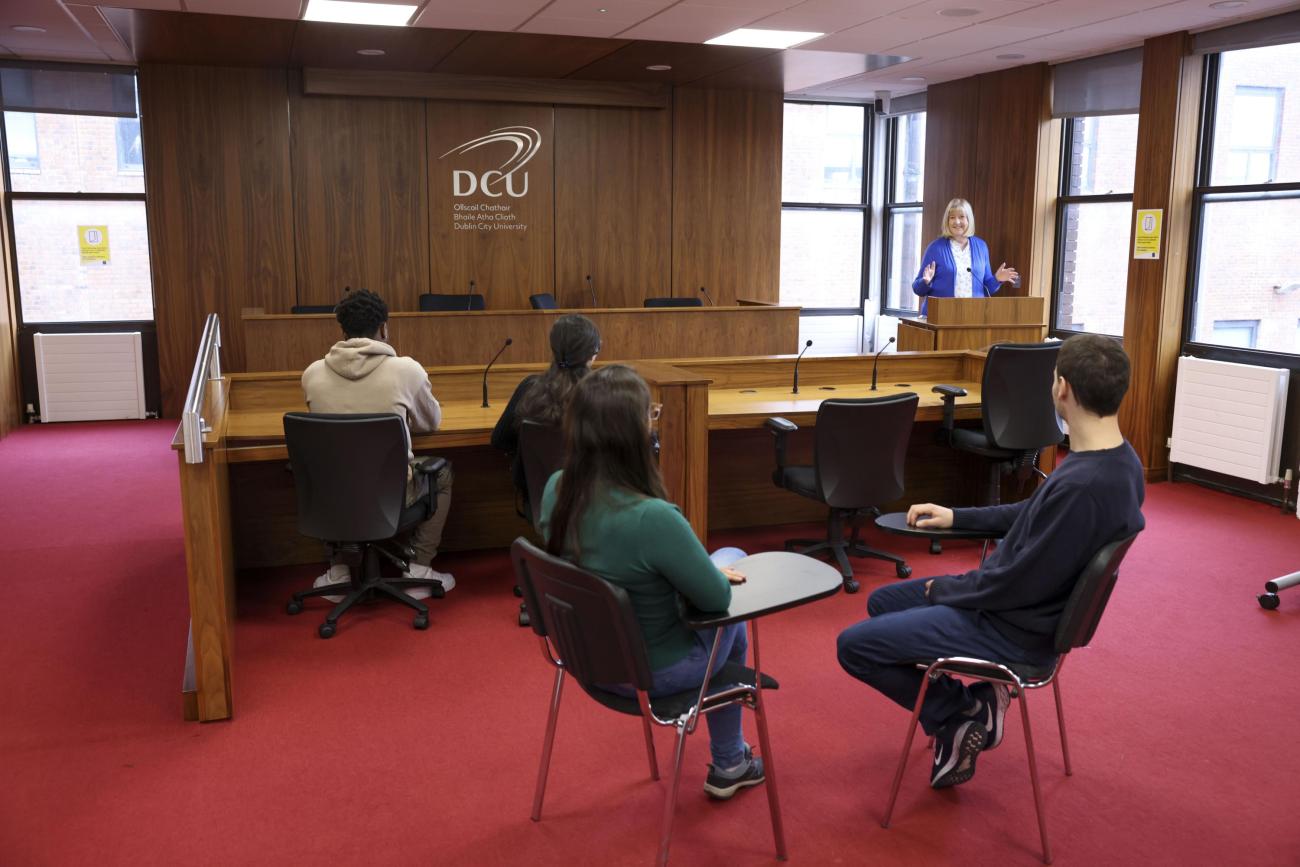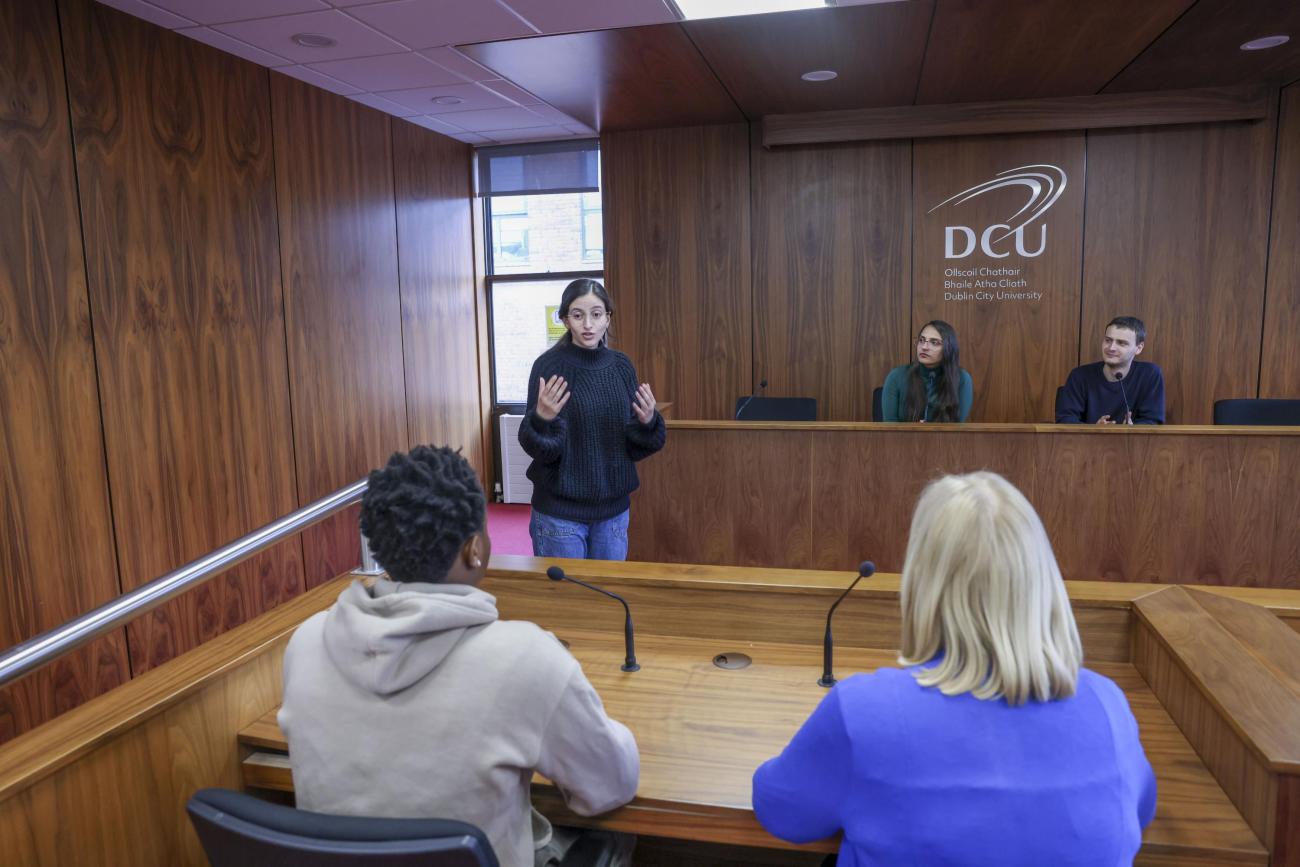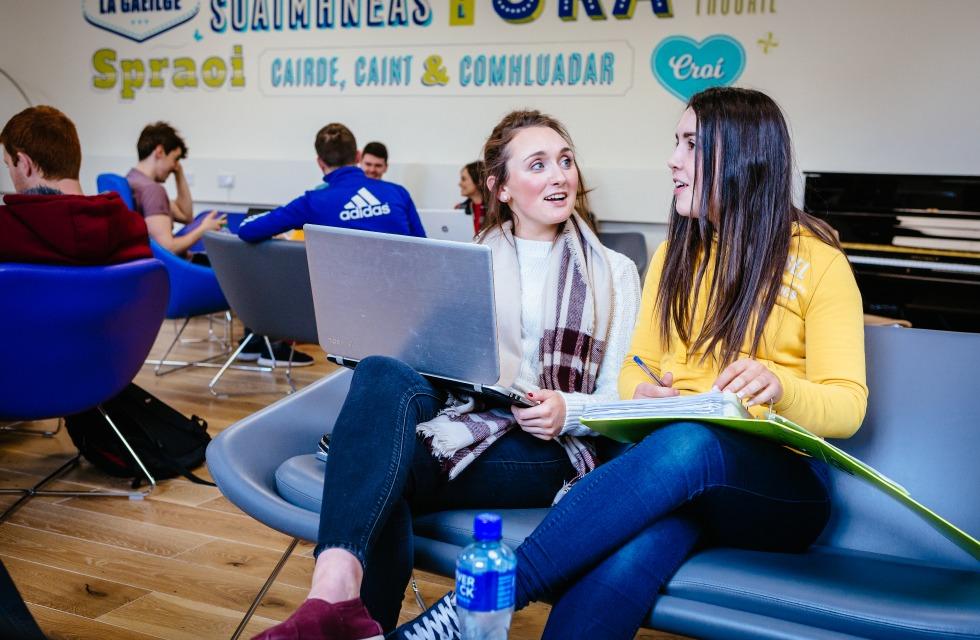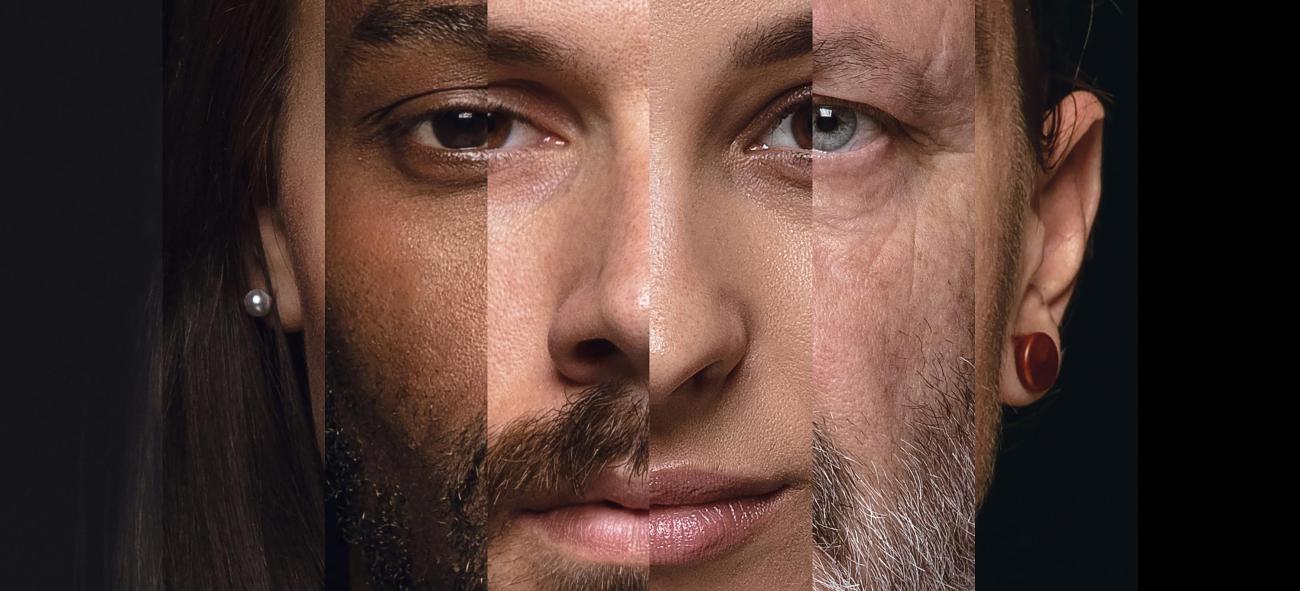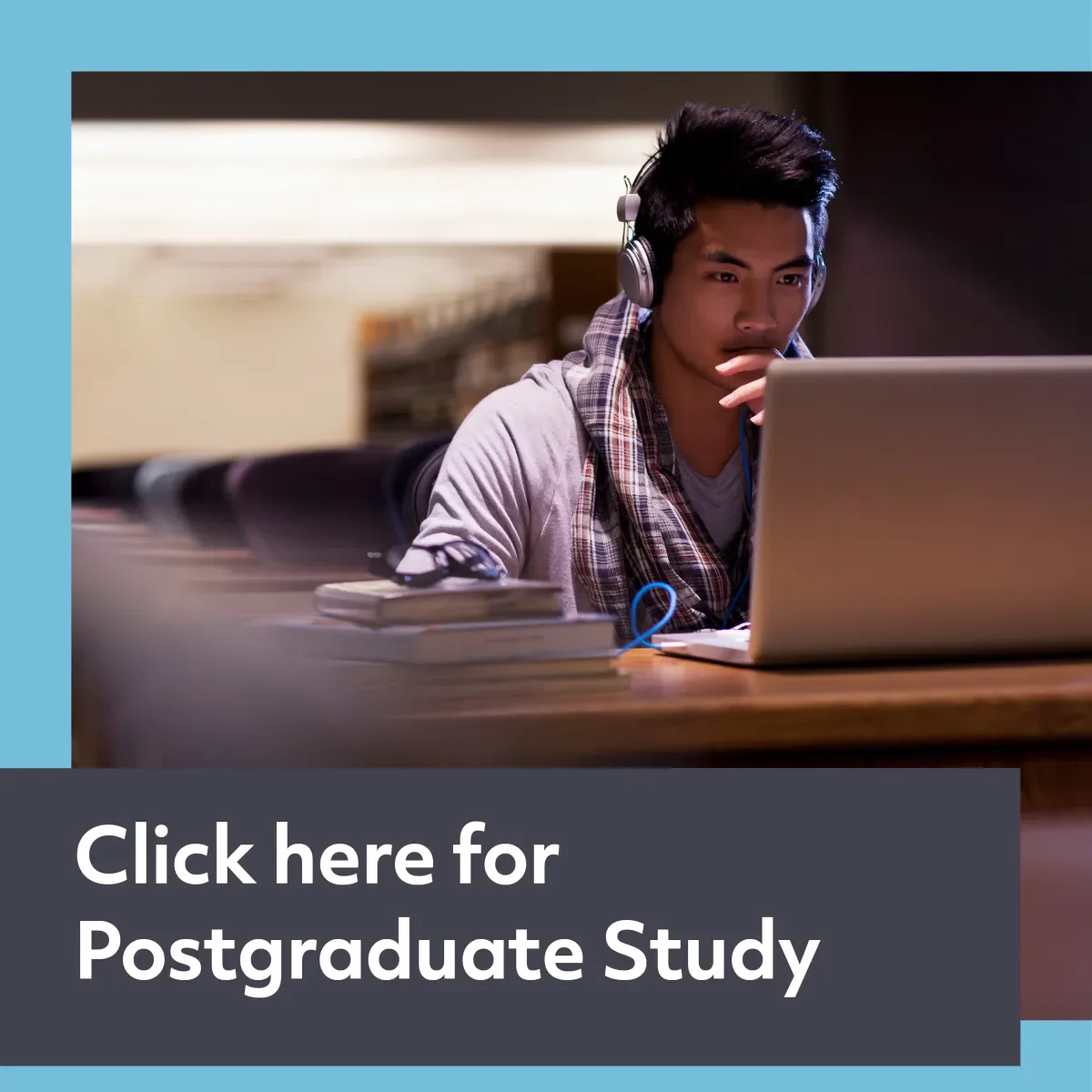
Undergraduate Course Listing by Faculty
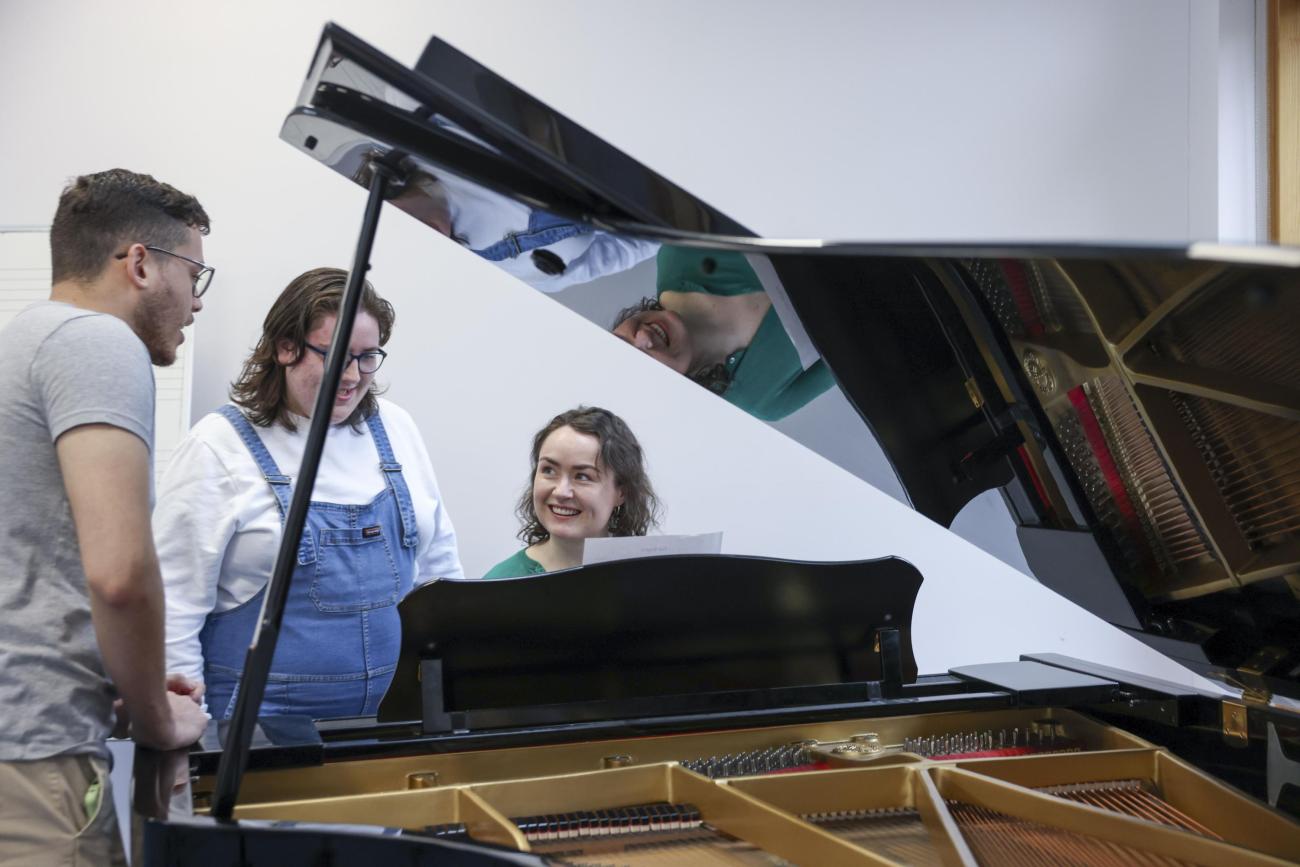
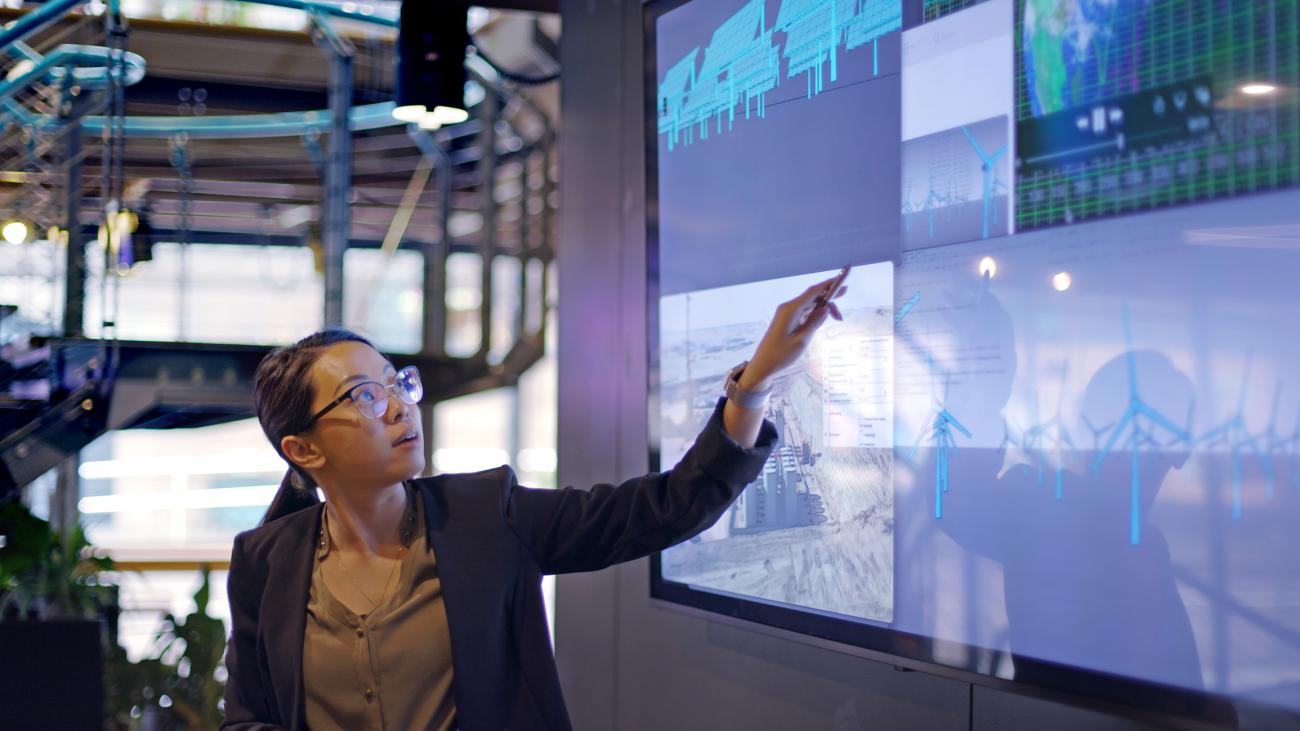

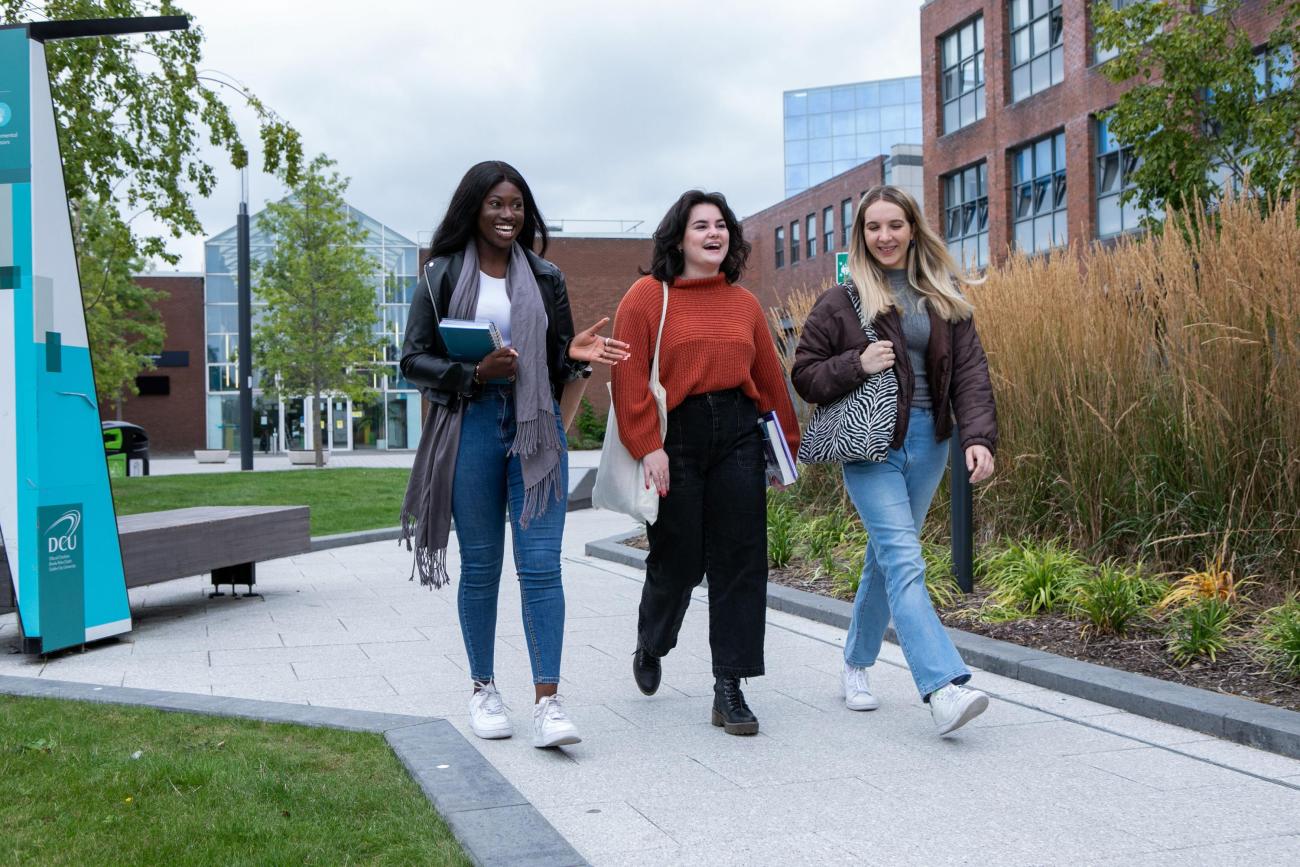
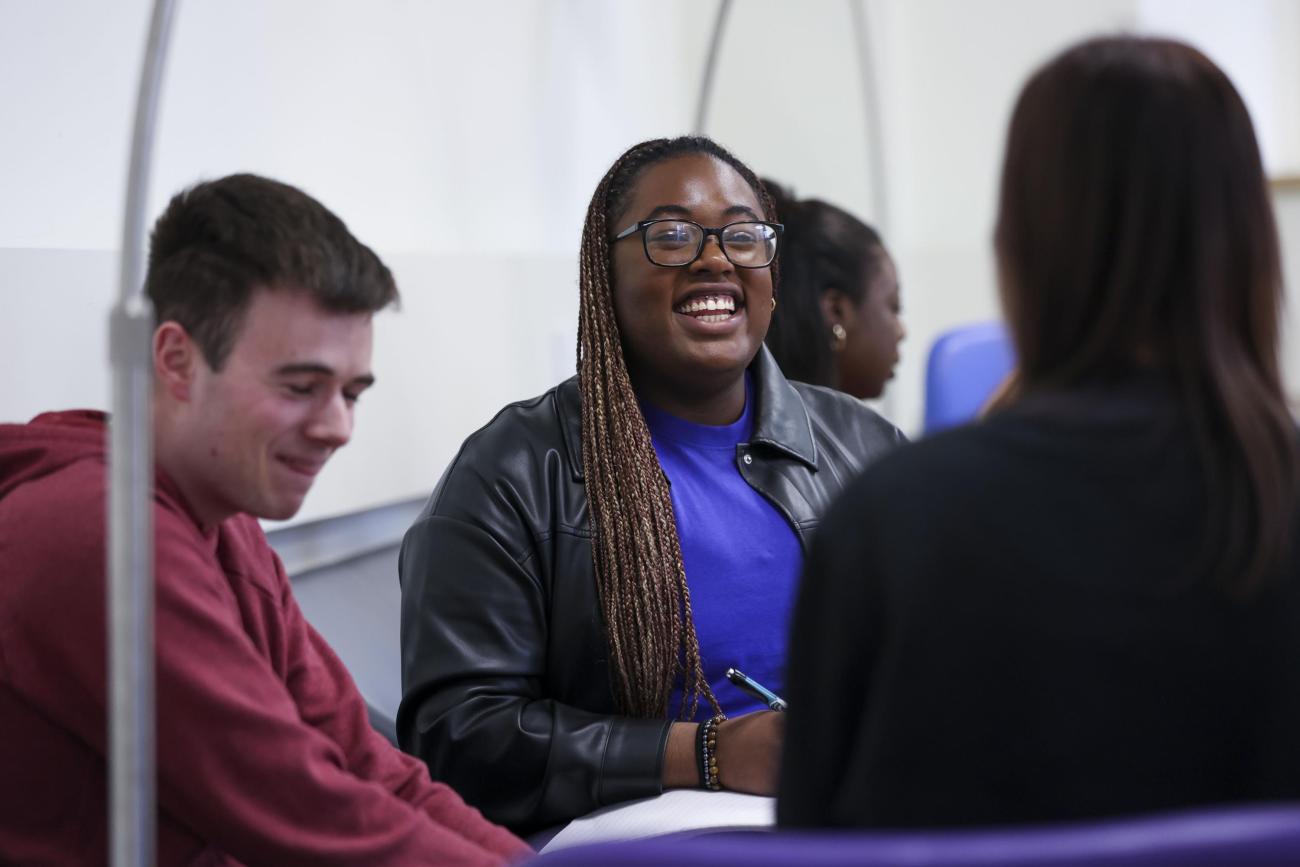
Postgraduate course listing by Faculty
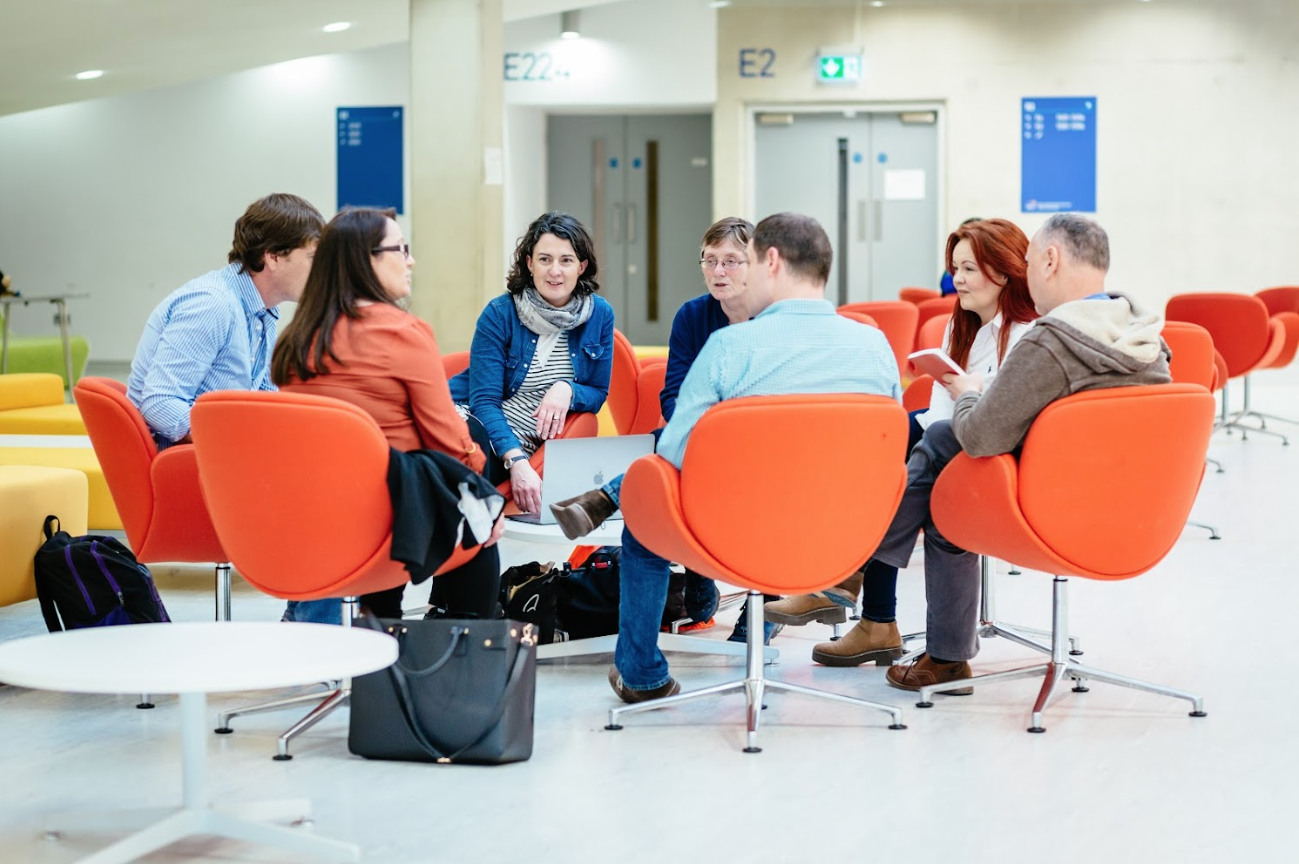
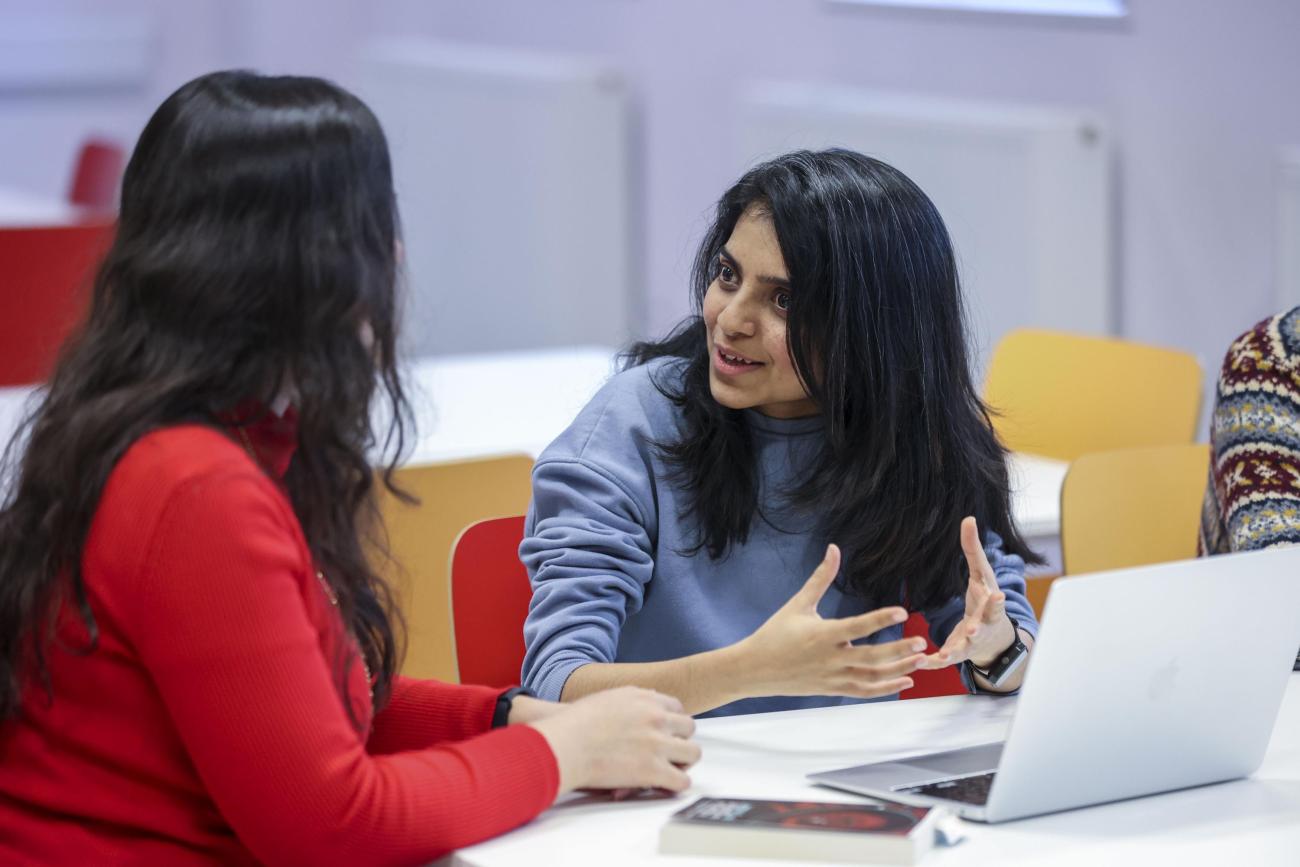
With more than 4,000 students, the DCU Institute of Education is Ireland’s largest provider of education and training with over 150 academic staff with expertise in education. We take a modern, innovative and creative approach to education. However, the PMEP cohort itself is small in size, allowing you to thrive within a smaller group while also enjoying the full university experience.
The PMEP programme starts in September each year. AT the end of August, there will be an optional Dianchúrsa sa Ghaeilge (for those keen to improve their Irish) followed by an optional school…
Find out more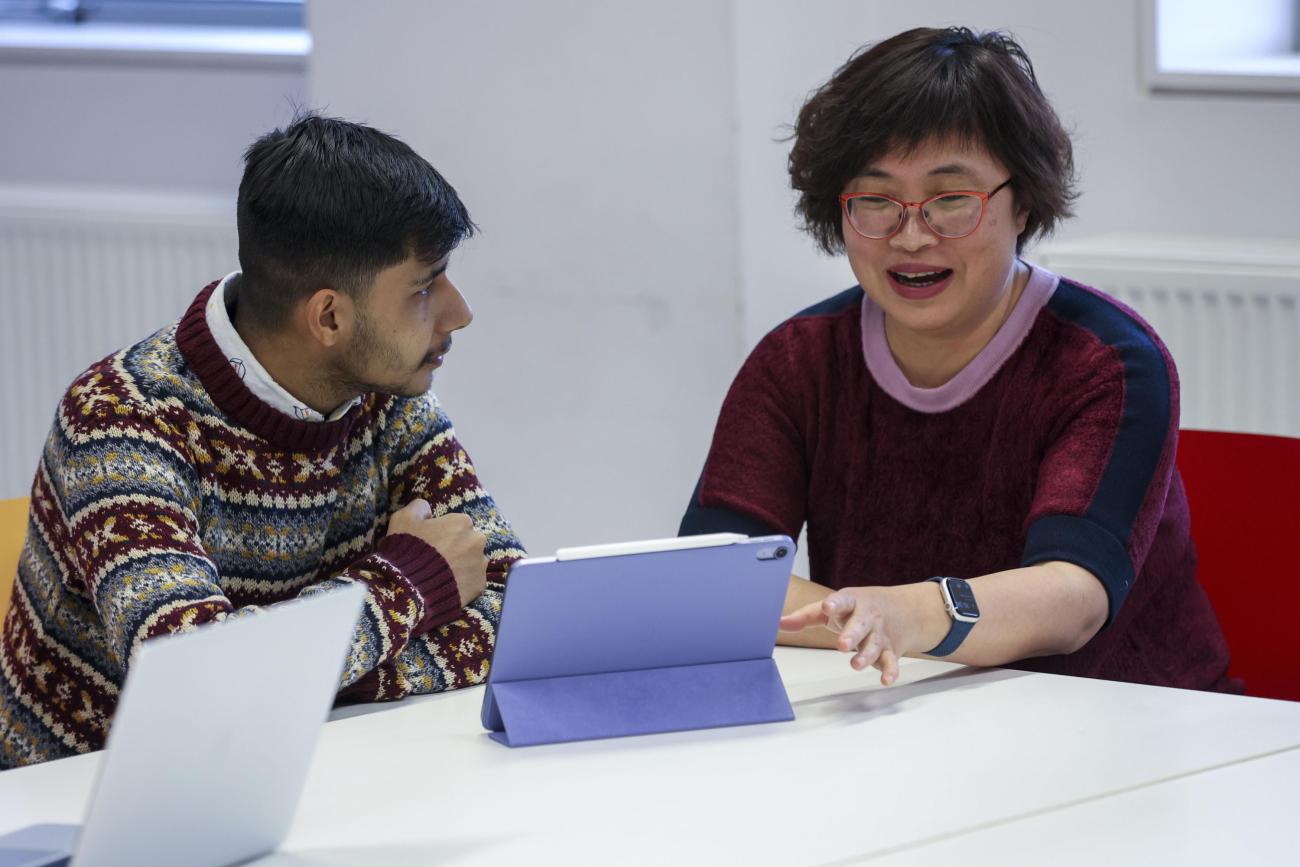


The overall aim of this programme is to provide students with a standard of excellence in the knowledge, skills and understanding necessary for practice in the field of personal, education and career guidance and counselling;
You will be educated and trained to develop a systematic and coherent framework for practice within your organisation;
Through strong reflective practice, you are encouraged and supported to develop responsibility for personal and professional development, and learn how to identify and mobilise resources across a network of…
Find out more
This is a one-year, part-time postgraduate diploma programme that aims to provide substantial theoretical and practical continuing professional development to teachers who work with learners deemed to have special educational needs and/or who require learning support in primary, post-primary and special schools and other recognised educational settings.
This course is offered in a blended format, with on campus learning in DCU’s St Patrick’s Campus, Drumcondra, combined with some online learning days. Please note, on campus learning days are not offered in a…
Find out more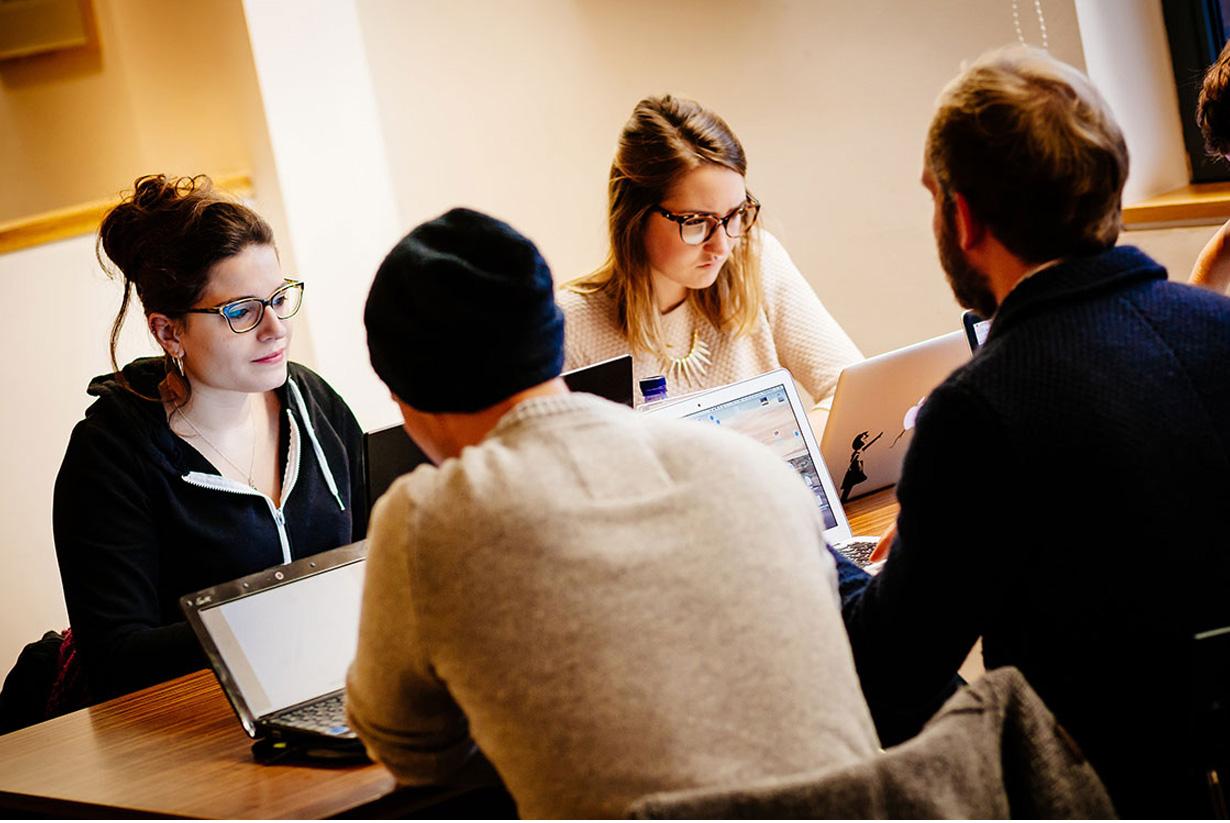
This programme is open to all serving teachers who are employed in a position funded by the Department of Education and who teach, and will continue to teach, SPHE/RSE in recognised Post-Primary schools. No fees or registration changes will apply to participants on the programme, who will continue to receive their salary in the usual way during their participation. Substitution cover will be supported by the Department of Education through block release days, up to four weeks/20 days across the duration of the programme, from the school in which the participant works. A blended approach to…
Find out more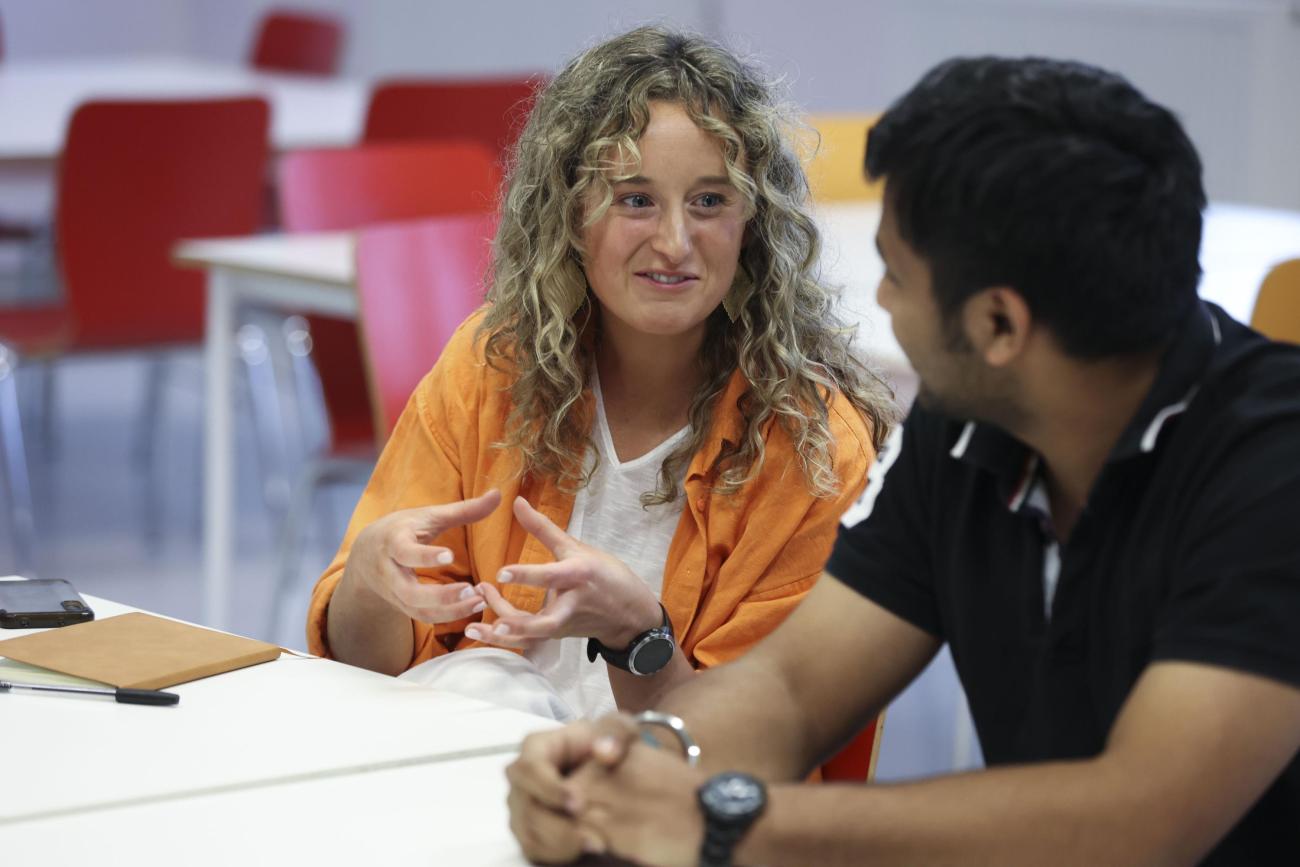
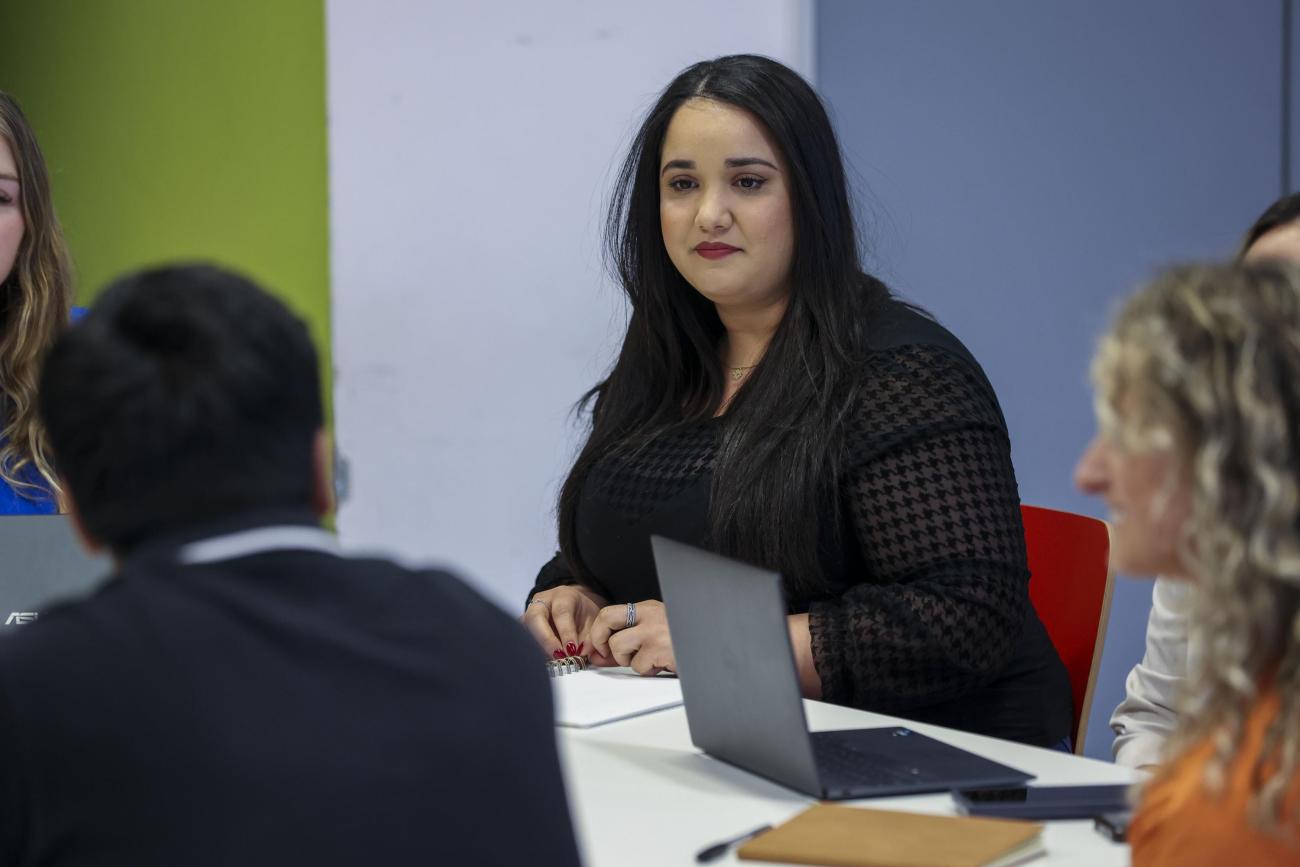
This programme aims:
- To offer professional development to individual teachers in the areas of inclusive and special education.
- To develop teachers’ knowledge, skills and competencies in relation to inclusive and special education.
- To create a community of learners, who will communicate and collaborate with each other in support of the teaching and learning of pupils with special and additional learning needs.
- To enrich the special educational knowledge, skills and competencies of other Graduates (non-…


Students will have the opportunity to learn how to deal with a number of research methodologies including questionnaires, interviews, single-case experimental design, observation, and more. There will be workshops on data analysis including qualitative thematic analysis and quantitative data analysis using SPSS software.
Applicants for entry to MEdEN Year Two must have completed the Department of Education funded 60 credit postgraduate diploma programme of continuing professional development…
Find out more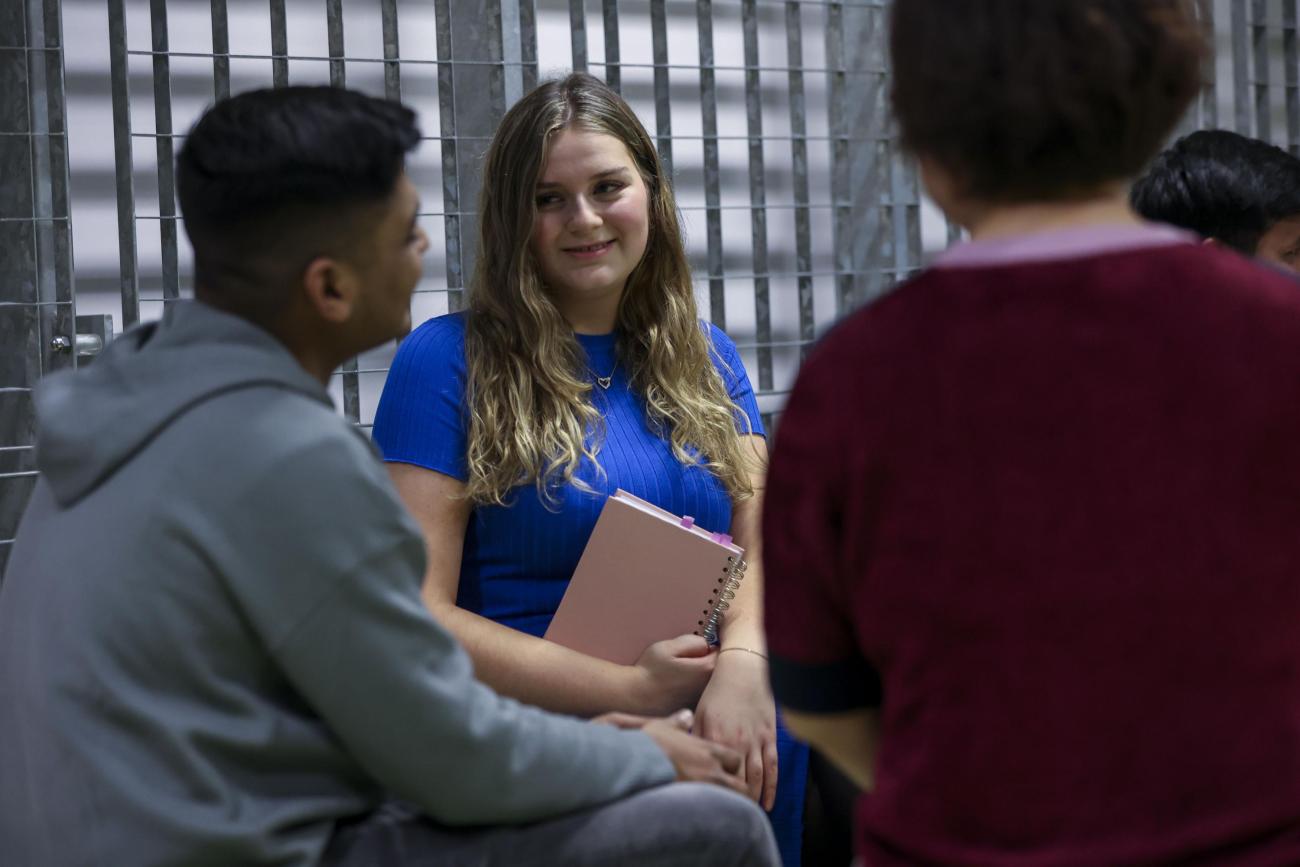

The overall aim of this programme is to provide students with a standard of excellence in the knowledge, skills and understanding necessary for practice in the field of personal, education and career guidance and counselling.
Students are educated and trained to develop a systematic and coherent framework for practice within your organisation.
Through strong reflective practice, students are encouraged and supported to develop responsibility for personal and professional development, and learn how to identify and mobilise resources across a…
Find out more

The programme aims to build capacity in schools in the area of SpLD/Dyslexia and to develop teachers who would be expected to:
- Select, administer and interpret detailed diagnostic assessments and use appropriate psychometric tools
- Effectively identify and use appropriate strategies, interventions and approaches to support learners with Dyslexic-type difficulties
- Provide expert advice to parents and professionals in different settings and at all levels
- Support mainstream teachers, contribute to the…





Our part-time EdD programme is typically over four years with the first two years involving a taught programme and the final two years focused on research under the guidance of your supervisor(s).
It is also intended that the participants will have an opportunity to:
- Situate their learning and research within their own professional practice
- Develop problem-solving skills for authentic and critical problems of practice in partnership with others;
- Apply their learning to their professional practice and/or…
The programme begins with an introduction to the key business disciplines. Accounting for Business Decision Making provides students with an introduction to and overview of financial and management accounting, focusing on the techniques of financial statement analysis and informed investment decision making for real life companies. The Economics module will further the students' understanding of economic principles and the application of economics to the business environment.
Students will take a number of key strategic management based modules. Strategy and Competition will provide students with a thorough grounding in the nature of business strategy, strategic interaction, competition, and competitive advantage, while Strategy and Leadership deepens students’ understanding of the strategy process in its wider context, developing skills in business analysis and strategic thinking.
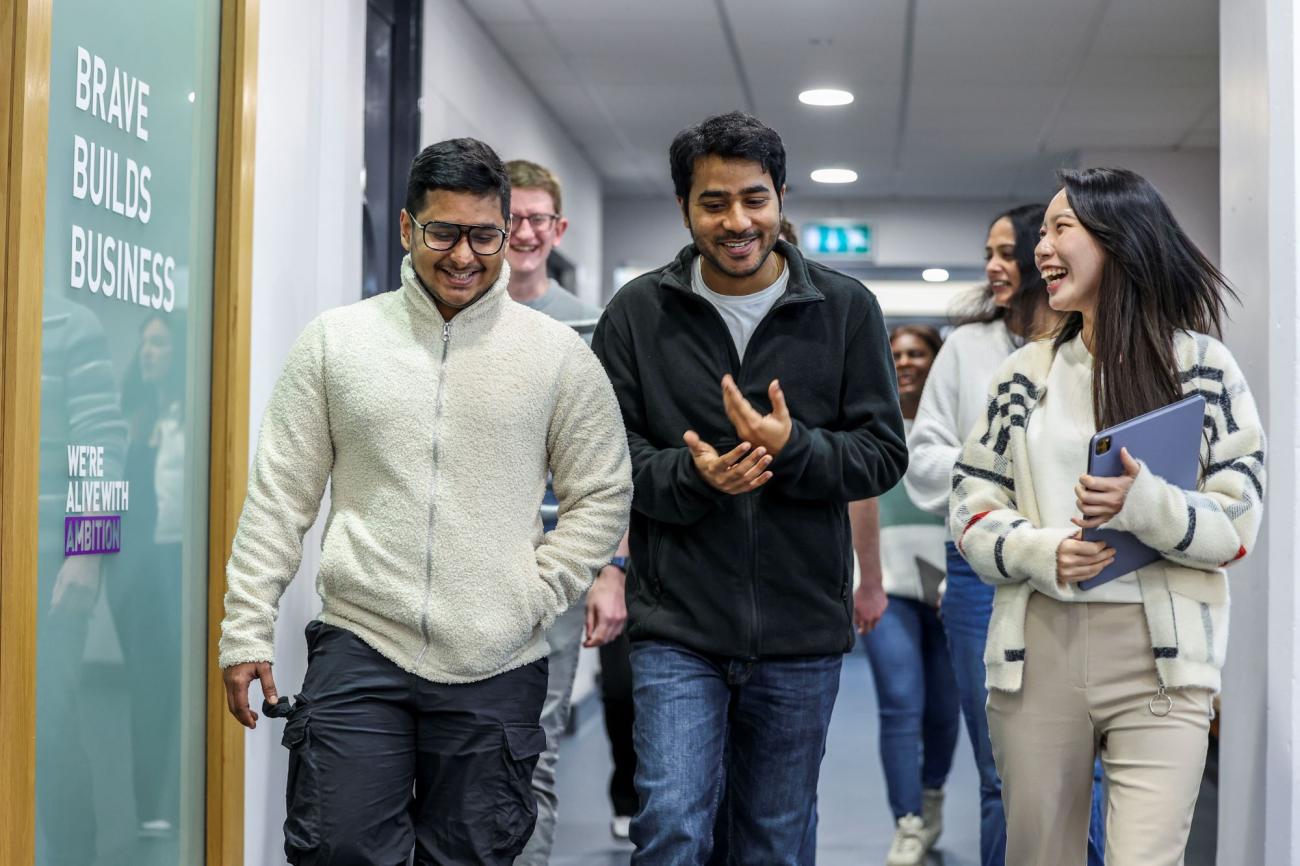
This one-year Masters programme is designed to produce the kind of professionals in greatest demand in the financial industry. It does so by fostering analytical and decision-making skills and helping you build a set of rigorous competences in financial subjects. You will be exposed to first-class specialist education in financial subjects, develop your quantitative skills, and have the opportunity to learn the latest econometrics and data analysis techniques, which are becoming extremely important for a successful career in the financial industry.
This flexible, blended learning programme aims to provide students with an opportunity to complete a programme of study focused on the theory and practice of learning and development in contemporary organisational contexts. Students will also develop an advanced understanding of research methodologies and reflective and critical problem solving skills.
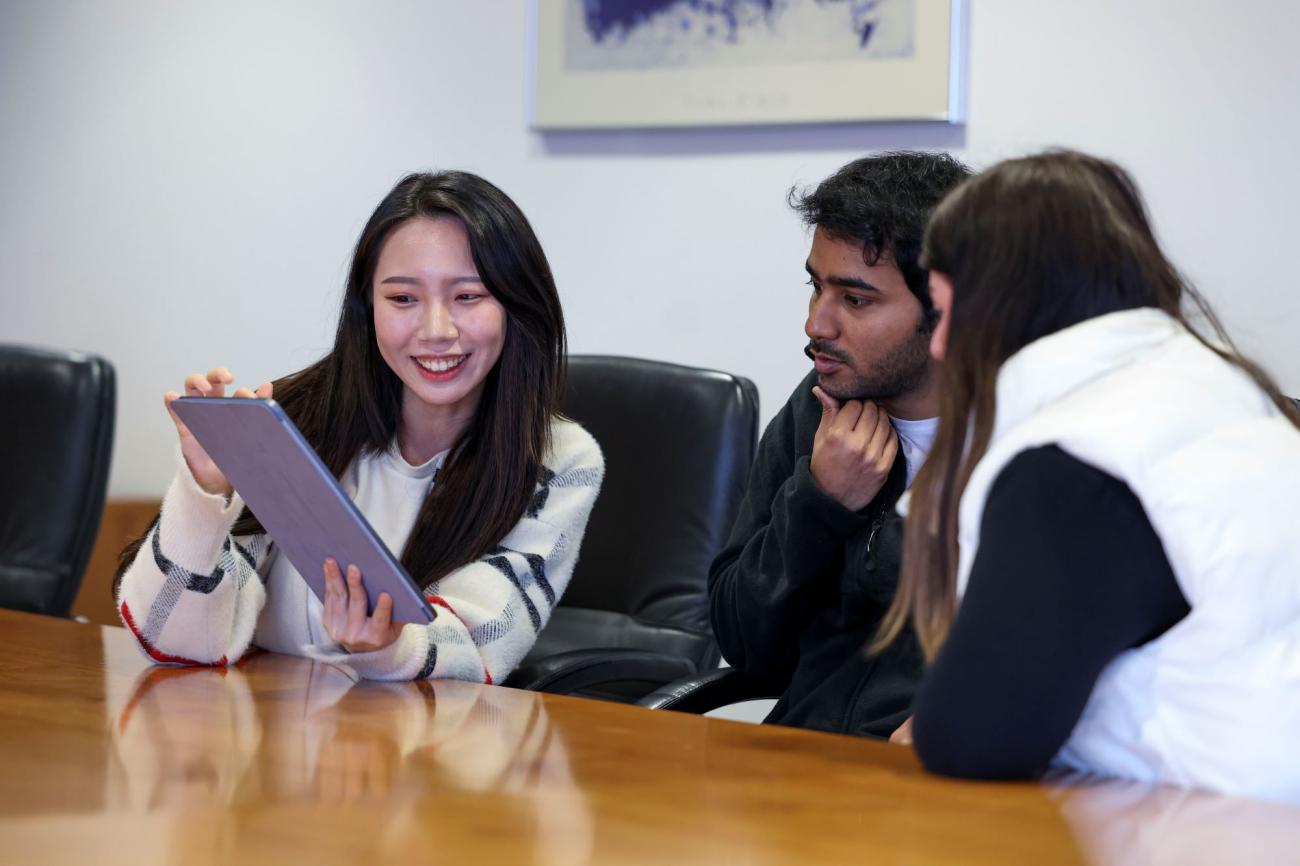
Applications for entry to this course can be made here. Please ensure to place the relevant course code for either January (DC558) or September (DC511).
Through a variety of teaching and learning approaches, with a significant emphasis on Challenge Based Learning in partnership with industry, the DCU MSc in Business Analytics equips students with the skills and expertise that contemporary organisations demand.
You will benefit from access to business analytics software in our new Analytics Lab and immersive communication training in our Virtual Reality Lab.
The programme aims to produce professionally qualified Organisational Psychologists and Organisational Behaviour specialists who shall:
There is a growing demand globally for graduates of an MSc in Operations and Supply Chain Management domain as supply chains are becoming more disrupted and highly complex due to challenges related to geopolitical events (i.e., Brexit, the Ukraine war, energy pricing, the growing conflict between China and the USA). Consequently, on a global basis, organisations are continuing to make strong efforts to make their operations and supply chains more resilient, and increasingly more adaptable.
Our MSc in Emergency Management programme is delivered, part-time, over two years via a block release structure. This means you typically attend classes over two consecutive days per month (usually Thursday and Friday). We do this so that you can adjust your study around your own daily life.
We are always horizon scanning and adapting the content of the course to suit the emergency manager of the future. Presently, the core topics include:
Full time students (DC516) will undertake six core modules in a range of digital marketing related topics in addition to an applied research project or dissertation in 12 months.
- The programme is designed in conjunction with both leading industry and academic experts.
- Subject matter incorporates both professional and applied business material as well as an analytics component.
- Lectures are delivered by experienced experts from academia, industry and practice, facilitating graduates with the most up-to-date theory and practice.
- Select between a dissertation and an applied research project, where students can gain applied knowledge through real work with assigned industry clients.
The objectives of the programme are to provide graduates with:
An in-depth understanding of the theories and conceptual frameworks underpinning people management.
Insights into the latest developments in HRM.
An understanding of the strategic level of analysis at which business decisions are made and of the links between management of human resources, business strategy, finance and performance.
Expertise in cross-cultural management, industrial relations and managing human resources internationally.
Because all students come from similar backgrounds, it has been possible to design the MSc in Accounting so that it encompasses both professional and conceptual material.
Since its inception over 30 years ago, the DCU Executive MBA has evolved through repeated reviews of the curriculum – most recently in 2023 – to align the content of our programme with the ever-changing needs of executives. While the content and delivery of the programme has been continually updated, the philosophy that makes this programme unique has remained consistent over time.
What will I study?
Semester 1:
International Business: Disruption & Challenges
Strategy in a Global Context
Marketing & Customer Experience Management
Cross Cultural Agility
Economic Geography & GeoPolitics
Business Process Innovation
Semester 2:
Statistics for Business
Data Analytics & Visualisation
International Corporate Finance
Consulting Skills
Technology Management
The MSc in Physiotherapy (Pre-registration) is a Level 9, 180 ECTS credit programme, delivered full time over two years and in person. Students undertake 90 ECTS per year distributed over 3 semesters, (Semester 1, Semester 2, Summer period). All modules are core modules, designed specifically for the programme.

The core curriculum of this programme, delivered by an interdisciplinary group of experts, gives students the knowledge, skillsets and experiences required to understand and influence health and social inclusion in Ireland and abroad.

The core curriculum of this programme, delivered by an interdisciplinary group of experts, gives students the knowledge, skillsets and experiences required to understand and support health and social inclusion in Ireland and abroad.
Modules include:

The MSc in Specialist Nursing is a two-year, part-time programme delivered in a flexible, blended-learning format using a mix of face-to-face, online learning activities and learning in the practice context. This enables students to consider how their learning impacts their field of practice in improving health and wellbeing outcomes, and ensures the acquired knowledge supports their professional development in their working environment.

The Graduate Diploma in Specialist Nursing is a one-year, part-time programme delivered in a flexible, blended-learning format using a mix of face-to-face, online learning activities and learning in the practice context. The Graduate Diploma in Specialist Nursing offers two specialist pathways, students must choose one of the following:

The MSc in Child and Family Health and Wellbeing will appeal to recent graduates and early or mid-career professionals who work with, or who aspire to work with children, young people and their families in various capacities. The programme is suitable to individuals from across different disciplines, including, but not limited to, nurses, allied health and social care professionals, and related areas such as those working in community, voluntary and non-governmental organisations.
The programme aims to deepen the knowledge, skills and competence of students to:
The Graduate Diploma in Child and Family Health and Wellbeing will appeal to recent graduates and early or mid-career professionals who work with, or who aspire to work with children, young people and their families in various capacities. The programme is suitable to individuals from across different disciplines, including, but not limited to, children’s nurses and other nursing disciplines, allied health and social care professionals, and related areas such as those working in community, voluntary and non-governmental organisations.

The Graduate Certificate in Women’s Health (Sport and Exercise) comprises of three individual modules (10 ECTS credits each) that focus on women’s health and female athlete health in a cohesive holistic manner throughout their lifespan.
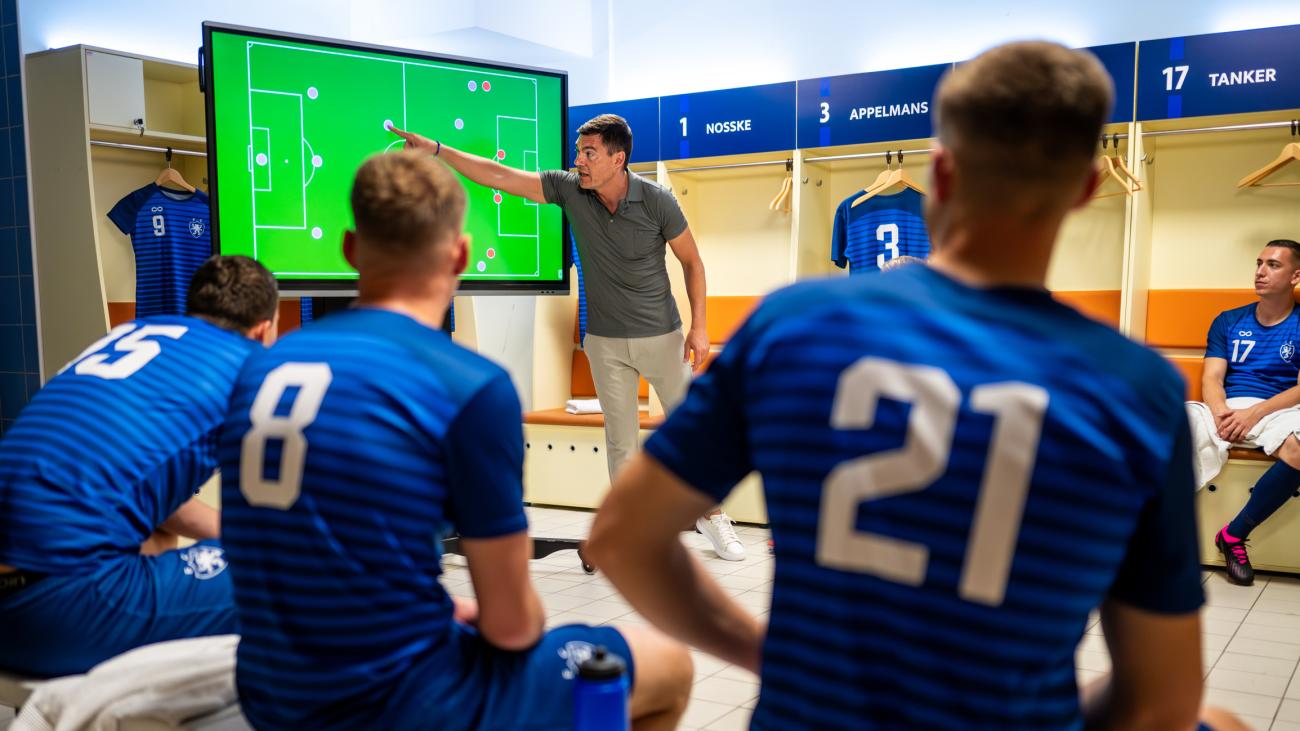
The programme comprises both research and taught elements.
Modules 1 - 4 comprise modules (60 ECTS) that critically reflect on theories and practice of sport performance, develop an advanced understanding of research methodologies and skills, and provide students an opportunity to relate this knowledge and understanding to their own applied and professional context.
Module 5, the DProfElite (Sport) Thesis (180 ECTS), involves the completion of a research project and thesis.

The MSc in Elite Sport Performance provides appropriately qualified early-career sport professionals across relevant sport performance disciplines (e.g., sport science and coaching) with the opportunity to acquire advanced subject knowledge in their field.
We offer candidates the opportunity to engage in interdisciplinary study that allows them to investigate issues in elite sport performance.
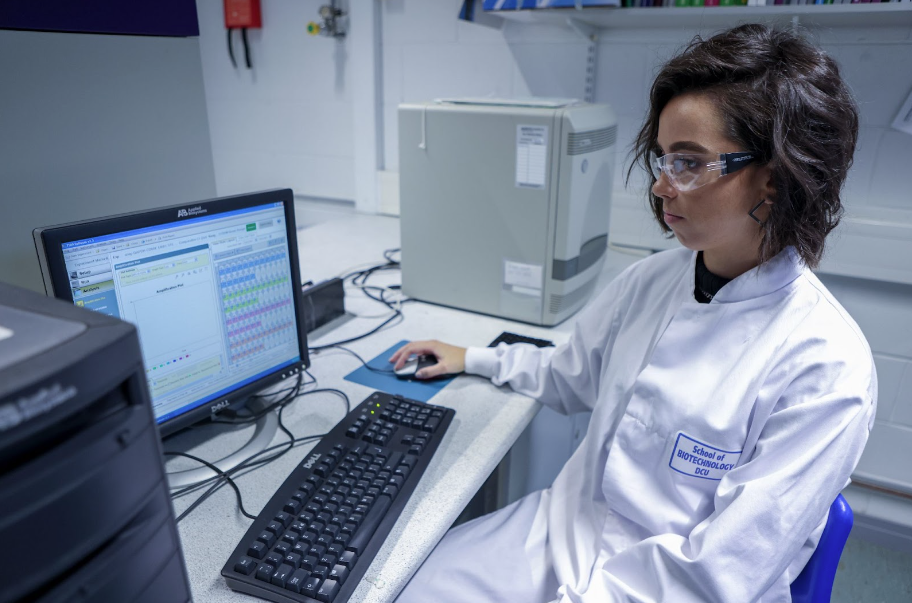
Multidisciplinary in nature, this programme appeals to a wide range of candidates from across sectors who work with or are planning to work with biomedical therapeutics, including but not limited to life scientists, professionals from the Biopharma and BioPharmaceutical, Biotechnology, Diagnostics and/or Healthcare industries and medical practitioners (including GPs, clinicians-in-training, and specialist nurses).

The course involves three main strands: Astrophysics, General Relativity, and Computational Science and Data Analysis. All topics are covered in the first semester of the course, laying the foundations for the advanced study of these topics in the second semester.
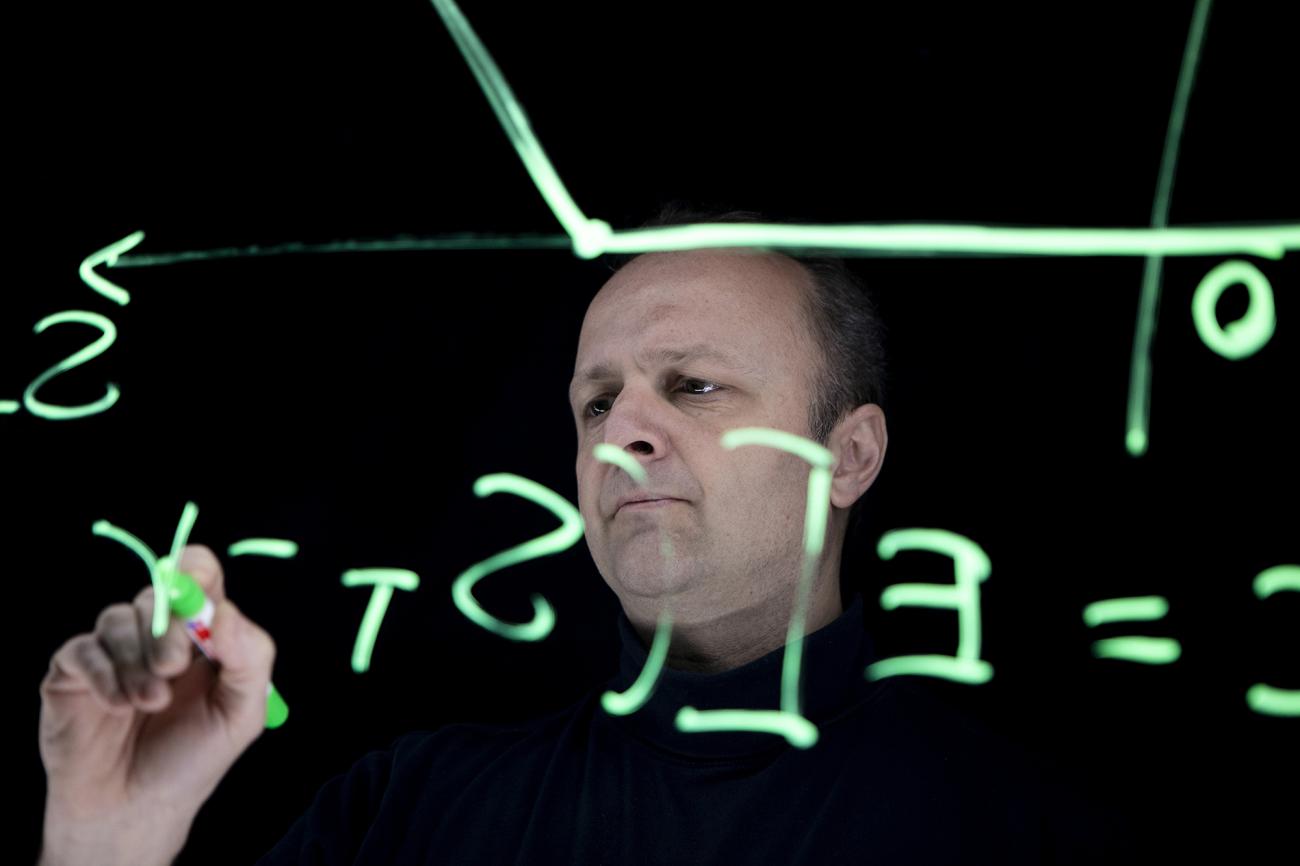
Established in 1996, this programme is the first M.Sc in Financial Mathematics in Ireland and one of the oldest in Europe.

The programme is delivered via a hybrid approach of face-to-face teaching and online delivery of modules, together with hands-on experience in a research laboratory.
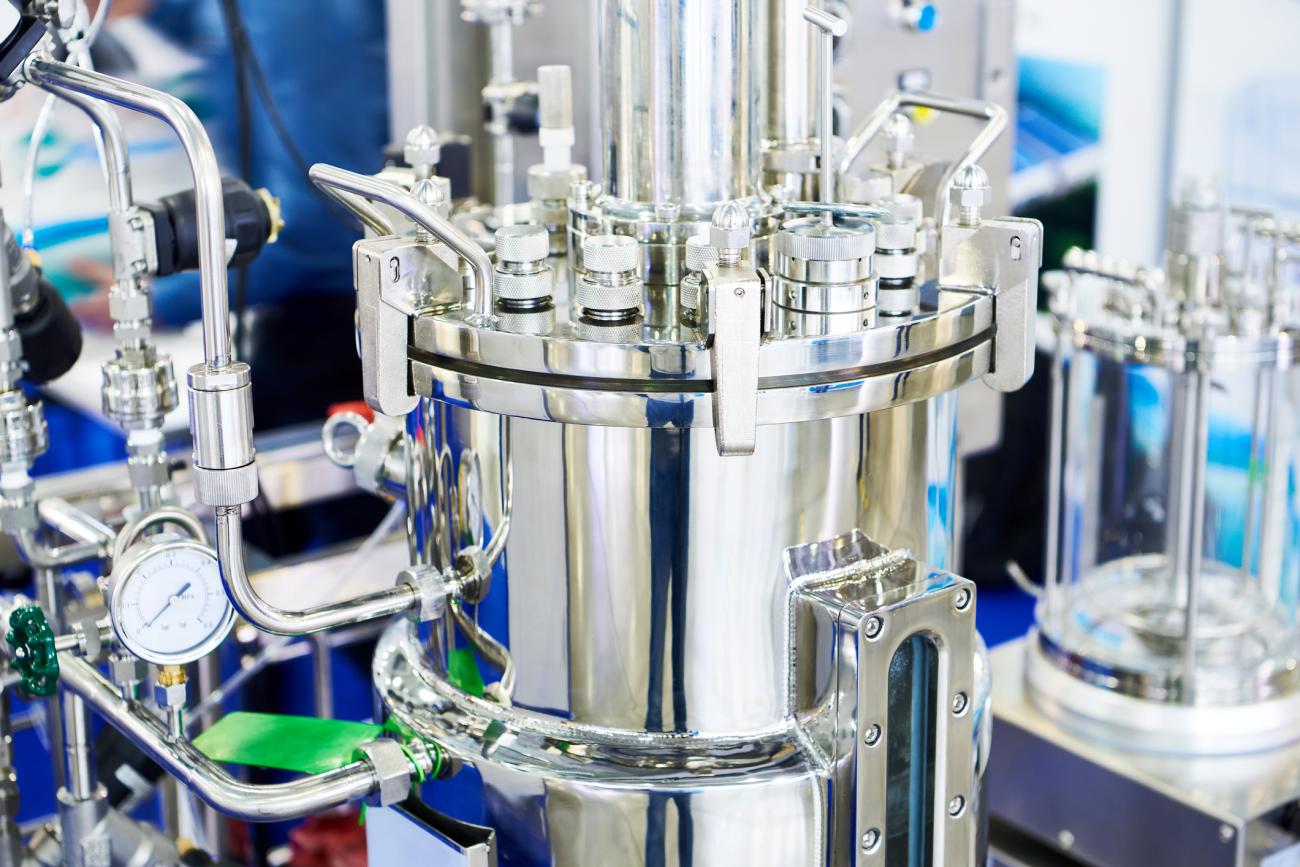
This course has been designed to:

This course is a one-year, intensive, full-time MSc, which has been fully accredited by the Psychological Society of Ireland. Classes are timetabled for between 20-30 hours per week each semester.

The 90-credit programme is offered on both a one-year full-time and two-year part-time basis.

The Professional Diploma in Clinical Supervision provides a comprehensive, university-accredited training in the dominant theoretical approaches, conceptual models and modes of clinical supervision, taking an integrative, relational and evidence-based approach to supervision practice. It comprises two modules and the indicative content is as follows:

The MSc in Psychotherapy is a four-year part-time professional training programme at Level 9 NFQ (120 credits). Students may exit after two years with a Graduate Diploma in Psychotherapy (60 credits; although please note that the Graduate Diploma is not a qualification to practise psychotherapy).
The Professional Diploma in Teaching Physics (PDITP) programme is delivered by Dublin City University in collaboration with the University of Limerick & University of Galway. This programme will be offered on a part-time basis and will deliver 75 ECTS of programme modules over two academic years, commencing in January. All modules will be assessment on the basis on 100% continuous assessment. The programme will align to the DCU

The objectives of the course are to enable candidates to acquire:

This one-year, part-time, online programme begins in September, and comprises three core modules.
This course allows students to study part-time or full-time. Full-time students beginning in September may complete the programme in 12 months. Students can complete this course in 2-4 years and can decide how many modules per semester and academic year they take. They can study on-campus or remotely but will be required to attend campus for examination purposes.
An alternative Master’s Qualifier and an Access Course entry path are available for EU-status students who do not meet the Masters programme direct entry requirements.

Standing as the only programme of its kind to currently exist on the island of Ireland, this exceptional offering not only grants students the freedom to engage in part-time, remote learning for unmatched flexibility but also presents a transformative gateway for those looking to embark on a new career journey.

This highly flexible course allows students to study part-time or full-time. We have two intakes per academic year, September and January. Full-time students beginning in September or January may complete the programme in 12 months.
This highly flexible course allows students to study part-time or full-time. We have two intakes per academic year, September and January. Full-time students beginning in September may complete the programme in 12 months. Full-time students beginning their studies in January may complete in 18 months.
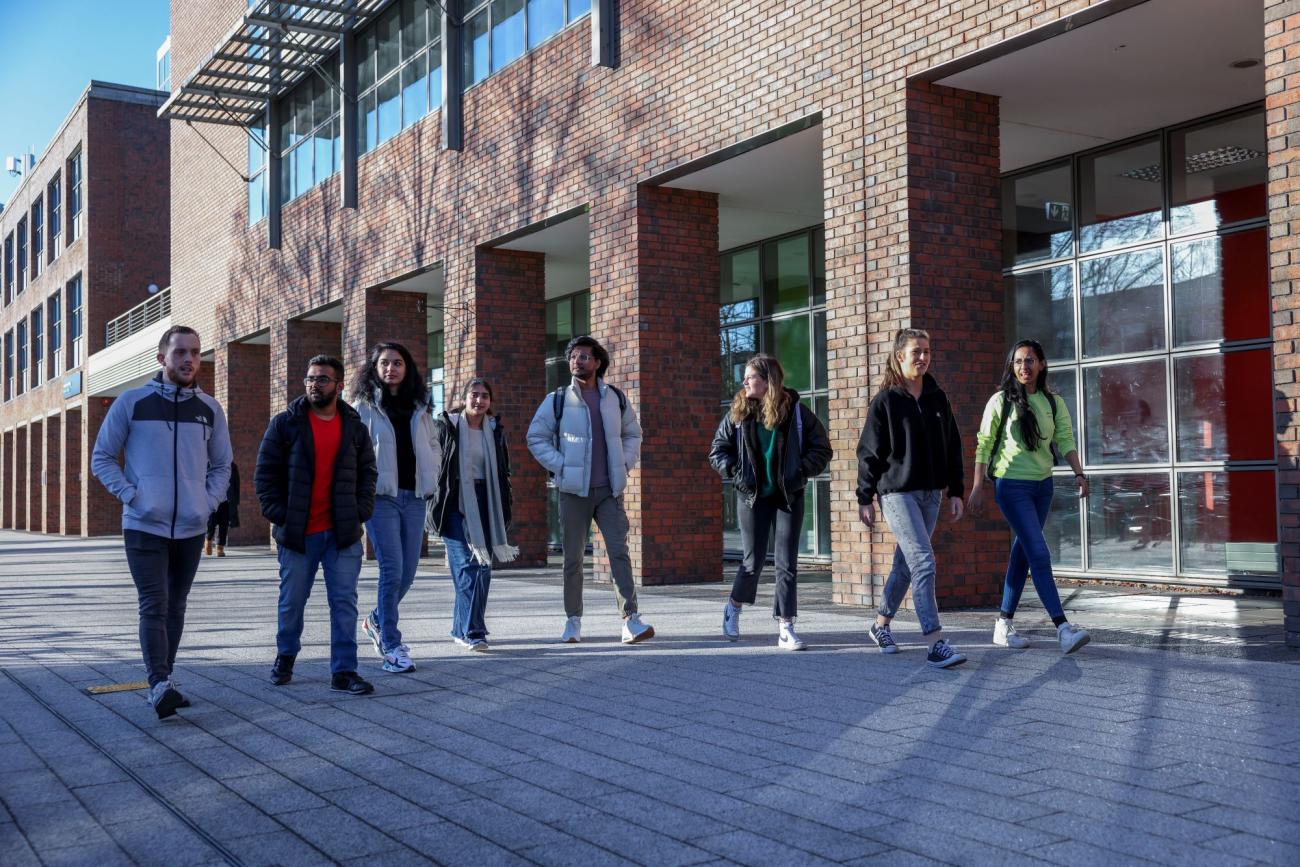
This program offers students the freedom to engage in part-time, remote learning for unmatched flexibility but also presents a transformative gateway for those looking to embark on a new career journey.
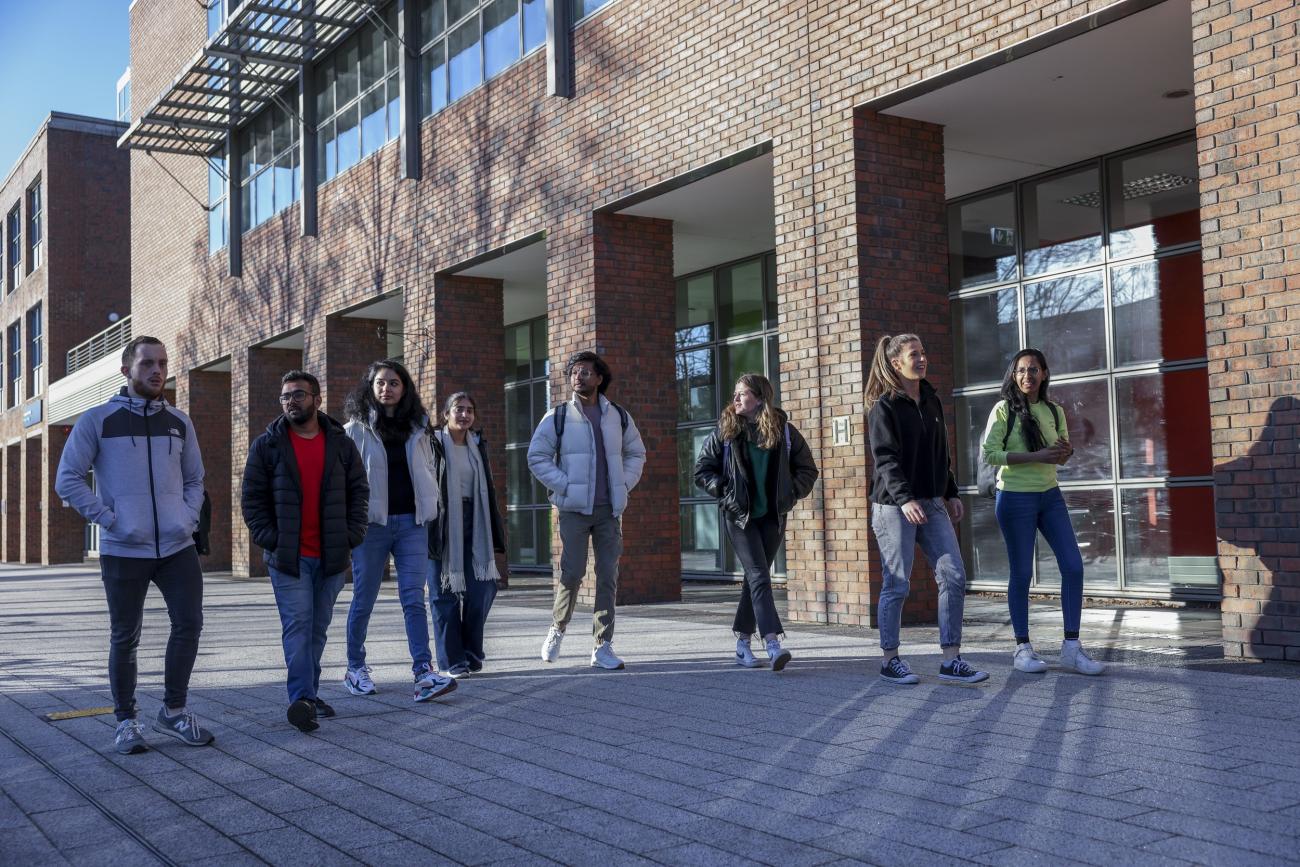
Standing as the only programme of its kind to currently exist on the island of Ireland, this exceptional offering not only grants students the freedom to engage in part-time, remote learning for unmatched flexibility but also presents a transformative gateway for those looking to embark on a new career journey.

To facilitate both interdisciplinarity and specialisation, the MA will be divided into two streams: law and computing. Entrance on to either the law or computing stream will be dependent upon existing education. All students will complete four core modules which will offer a mix of law and computing and will be accessible to all admitted students.
Law Steam
Core Modules
About this course
The strong practical focus of the programme culminates in a project practicum, carried out over the summer months. Typically, students will develop a prototype software system in their Major area that targets a real-world problem. They may also analyse processes or techniques, and propose and evaluate alternatives. Most projects are individual but, exceptionally, may be carried out as part of a team.
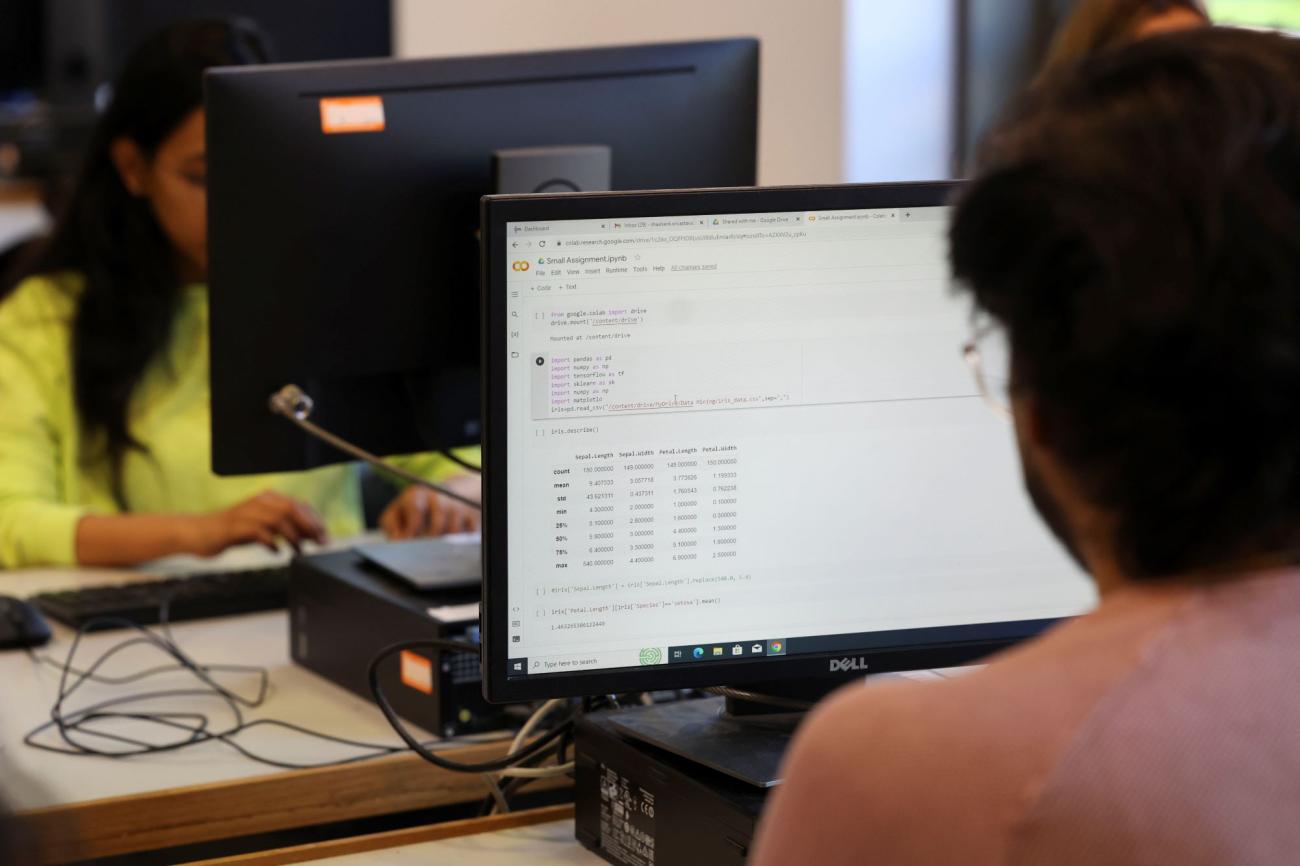
This flexible programme allows students to take specific postgraduate level modules to enhance their knowledge in Electronic and Computer Engineering. This allows them to progress in their careers or further pursue education opportunities. The Single Module programme has two intakes per academic year: September and January.
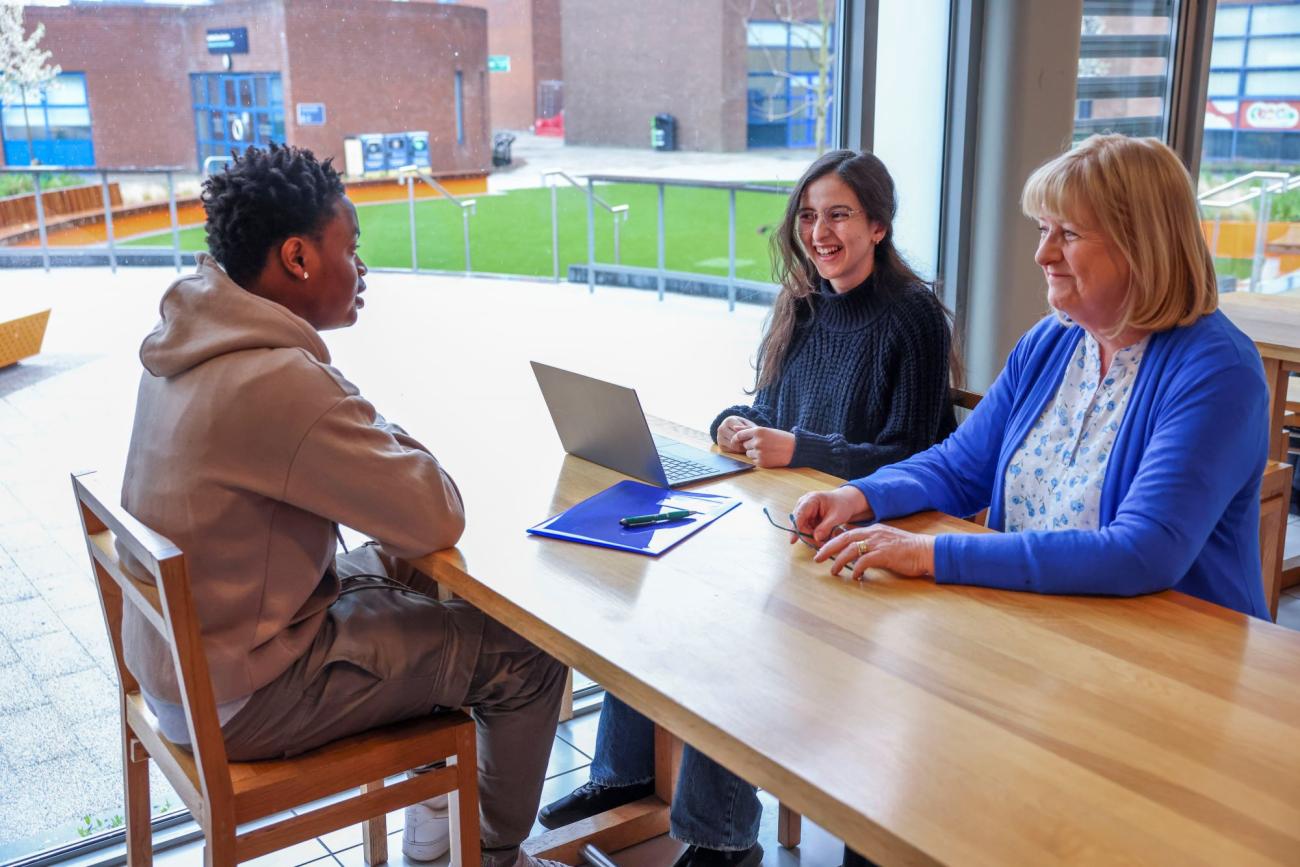
The programme is designed to be flexible, offering both full-time and part-time options. Full-time students complete the programme in one year, while part-time students spread it out over two years.

Programme Aims
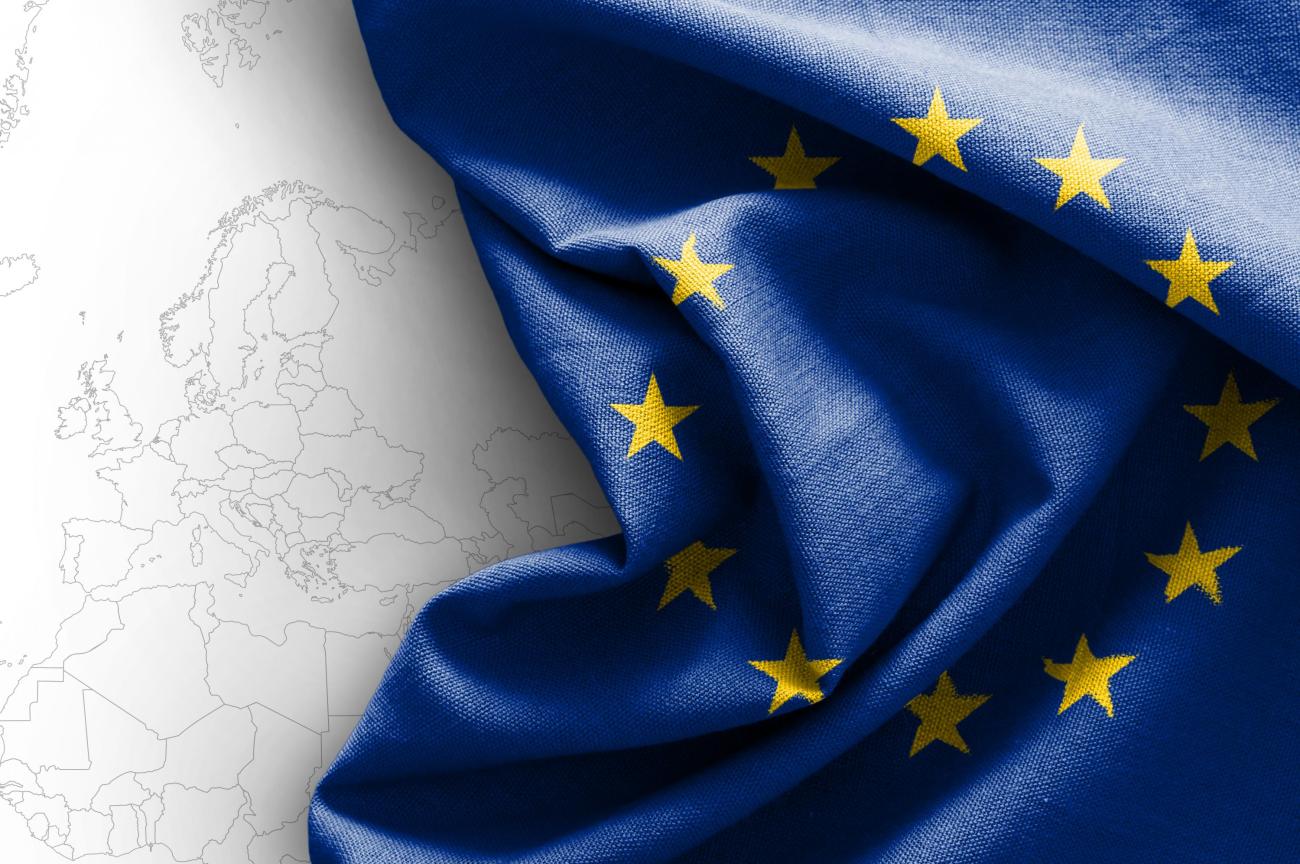
The Masters in European Law and Policy is designed to integrate legal and policy analysis and to equip students with complementary knowledge and skills across both fields. It is designed to ensure students have a comprehensive grounding in both EU law and policy analysis while allowing for some specialisation in either law or policy through optional modules and the dissertation topic.

The programme is structured around four mobility periods across two years. During Year 1 you will undertake a series of core and optional courses reflecting key themes and research design.
In Year 2 you will choose a specialist concentration containing a range of themed courses. Also included is a fourth flexible study period, during which time you will complete your independent study (dissertation) and may have the opportunity to undertake a work-based learning placement with a relevant associate partner.

The MA in Children's and Young Adult Literature degree programme has a number of aims:

The MSc in Translation Technology:
- Develops a range of professional and linguistic skills appropriate to the translation profession
- Equips students with the technological tools and skills required in the profession
- Provides practical training in the use of translation tools and an introduction to computer programming
- Introduces students to contemporary theoretical issues in Translation Studies
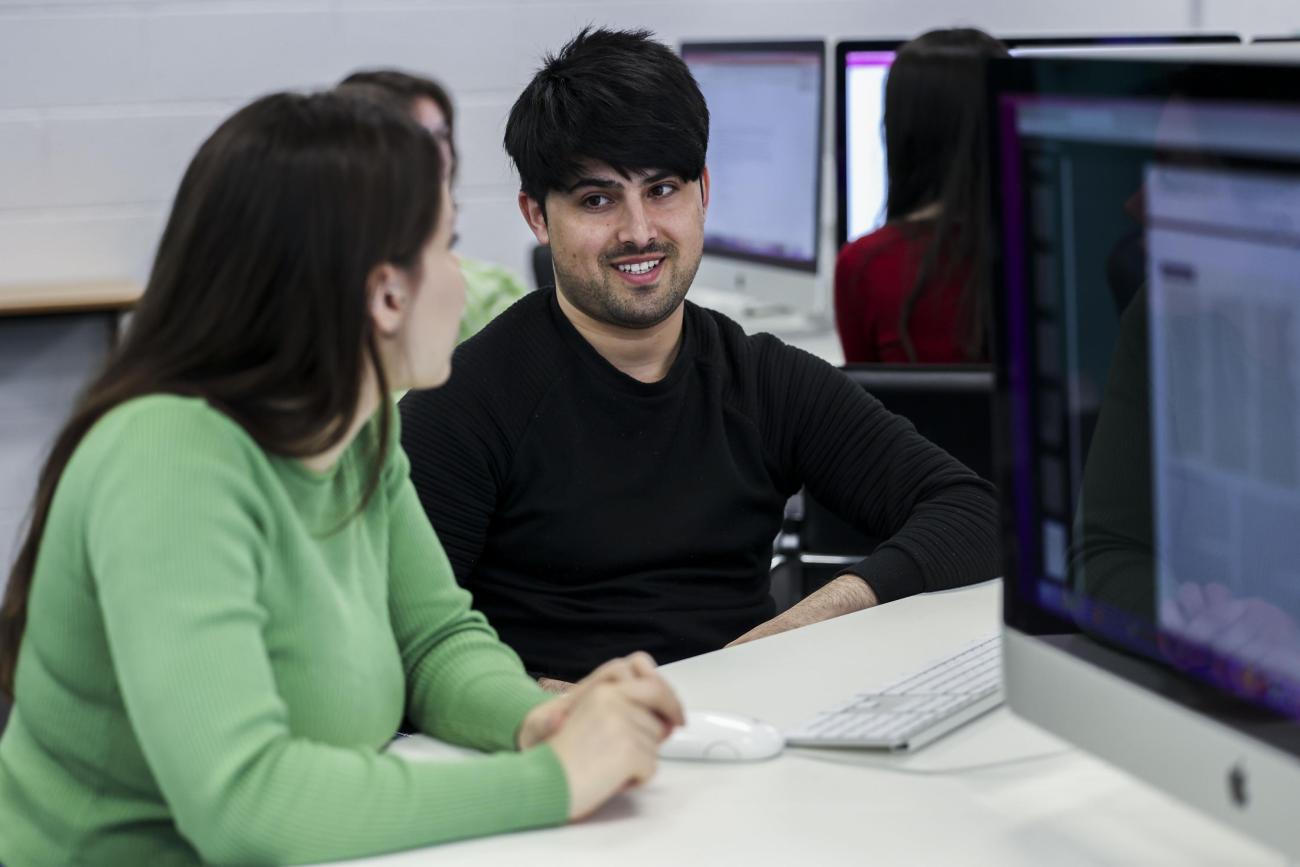
Students in the programme are offered from a range of production-based modules, including Responsive Media, Moving Image and Video Production, Audio and Sound Design, Emerging Media Praxis, Visual Design, and Screenwriting, as well as theory-based modules such as Understanding Social Media, Project Plan and Management, Media Audiences and Consumption.
By the end of the programme students plan and execute a Major Project in teams, supervised by staff, and designed to provide an industry-level portfolio piece.

Is féidir an chéim a bhaint amach trí chlár bliana lánaimseartha nó go páirtaimseartha trí chlár dhá bhliain. Má roghnaíonn tú an clár bliana, déanfaidh tú trí mhodúl i Seimeastar 1 agus trí mhodúl eile i Seimeastar 2, agus freastalóidh tú ar léachtaí ar an gcampas cúpla tráthnóna sa tseachtain. Scrúdú scríofa nó measúnuithe leanúnacha a bhíonn i gceist leis an measúnú. Déanfaidh tú miontráchtas a scríobh faoi stiúir léachtóra.

DCU's MA in Journalism aims to provide students with a range of newsgathering and reporting skills, but also to equip them with critical perspectives on why journalism is important in different contexts.
Newsgathering skills are taught in two core skills-based modules, one in each semester.
In Semester 12, Journalism Practice: Writing and Reporting, focuses on news reporting techniques and on feature writing.
In Semester 2, Journalism Practice: Digital Storytelling looks at video journalism, radio journalism, and podcasting.

During the MSc in Public Policy programme, you'll complete four essential modules and select two additional modules from a set of choices. Afterward, you'll undertake a Policy Analysis Exercise, which is a new approach different from the usual dissertation. This exercise allows you to tackle actual policy issues given by public organisations, and you may even connect it to your current job.
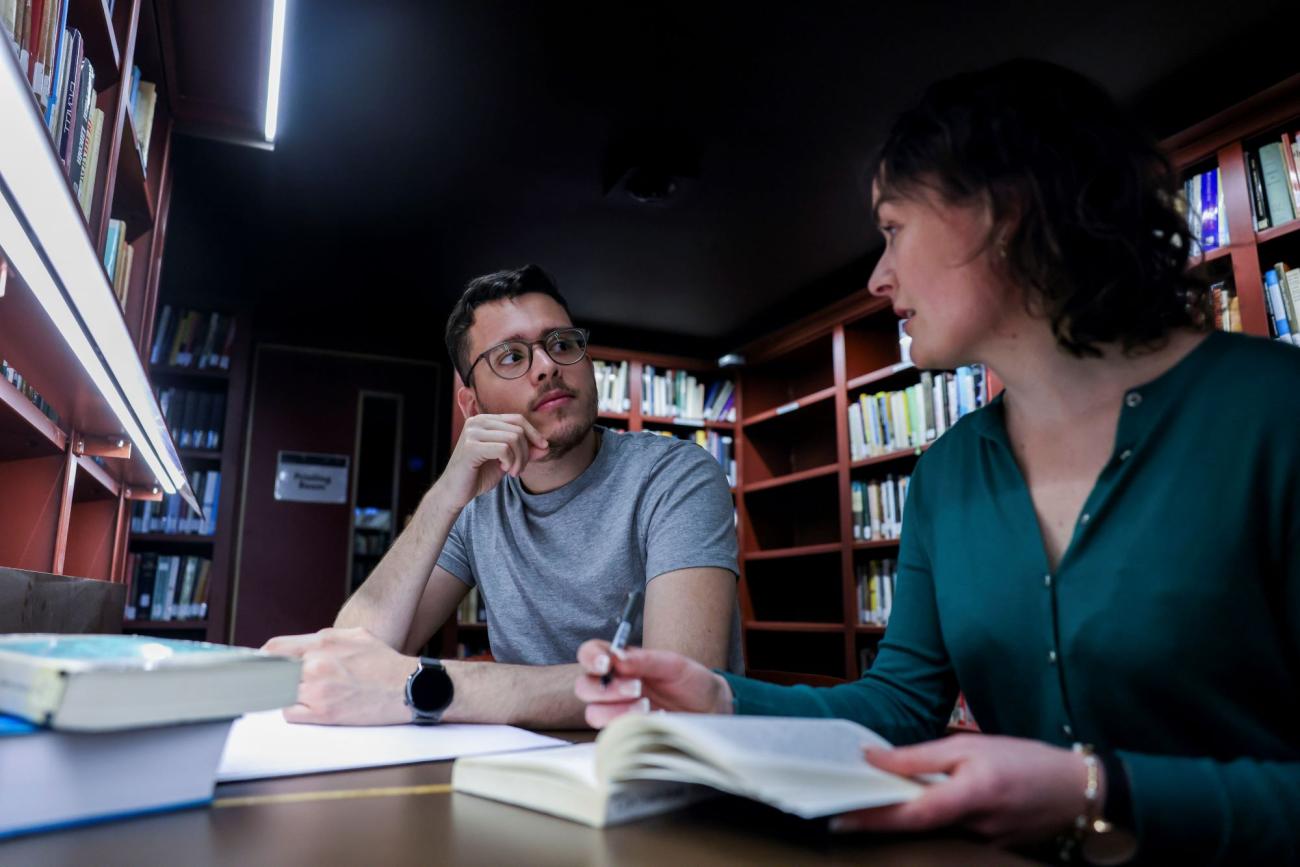
You have two ways to complete this MA: in one year if you study full-time or in two years if you study part-time. The academic year begins in the middle of September.
As a full-time student, you will take three core classes in the first semester, along with a research methodology class. In the second semester, you will select three classes from a range of topics. You will also need to complete a 15,000-word dissertation, due in September.

Thar tréimhse dhá bhliain, tugann mic léinn pháirtaimseartha faoi mhodúil i réimse topaicí a bhaineann leis an ngnó digiteach, bainistíocht agus ceannaireacht, agus cúrsaí straitéise agus margaíochta, chomh maith le tionscadal nó tráchtas sa taighde feidhmeach. Dearadh gach ceann de na modúil ar mhaithe le freastal ar threochtaí atá ag teacht chun cinn i saol na hoibre sa lá atá inniu ann.

The European Master in Law, Data and Artificial Intelligence (EMILDAI) offers a highly integrated, multilingual and interdisciplinary curriculum, which is articulated into two years (120 ECTS). EMILDAI students will receive a joint master’s degree awarded by the partner universities they attend (joint degree ‘per track’). Students are required to know at least two languages: either English and French or English and Spanish.

The MA in Music, Sound, Media and Culture is offered on a full-time (one year) or part-time (two year) basis. As such, the MA in Music, Sound, Culture and Media is accessible to those currently in employment, and to those based outside Dublin and Ireland.

We aim to teach students a wide range of creative writing techniques in various forms such as drama, fiction, poetry and screenwriting. We believe that even if a student has a primary interest in one form, exposure to all these creative disciplines can be beneficial. Many aspects of writing, such as imagery, rhythm, narrative structure, voice/language style and the use of rhetorical techniques apply across different forms and genres, not just one.
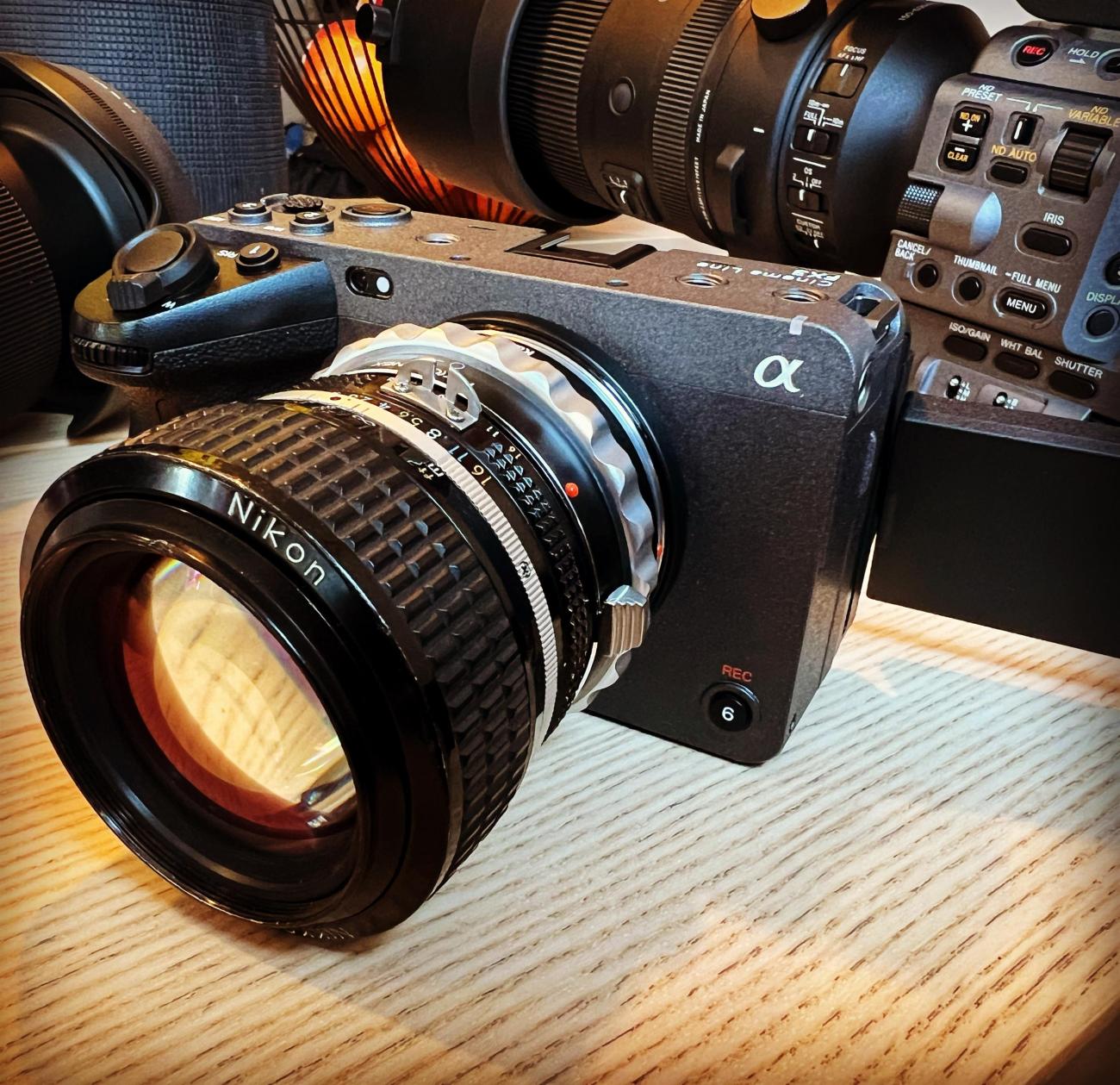
The course has been uniquely equipped with brand new camera equipment, a dedicated post-production lab as well as access to the school’s professional sound and television studios. What makes this MA programme truly unique is its holistic and practice based approach to non-fiction storytelling. Students will immerse themselves in a multidisciplinary journey encompassing photography, audio production, and video production. Additionally, they will explore theory through extensive readings and the analysis of key documentary films and projects.

Students have two choices for completing this MA programme. You can finish it in one year if you go full-time, or you can opt for the part-time route, which takes two years.
If you go full-time, you'll take three core modules and a research methodology class in the first semester, with the academic year beginning in September. In the second semester, you'll select three modules on a variety of topics. Additionally, you’ll work on a 15,000-word dissertation due in September.

To facilitate both interdisciplinarity and specialisation, the MA will be divided into two streams: law and computing. Entrance on to either the law or computing stream will be dependent upon existing education. All students will complete four core modules which will offer a mix of law and computing and will be accessible to all admitted students.
Law Steam
Core Modules

The MA in Political Communication delves into the dynamic and fast-evolving connections between the media, politics and the public. It explores how these interrelationships impact democracy and the distribution of power.

The programme is offered part-time over two years.
Lectures take place in Drumcondra on Monday evenings and on one Saturday per semester.
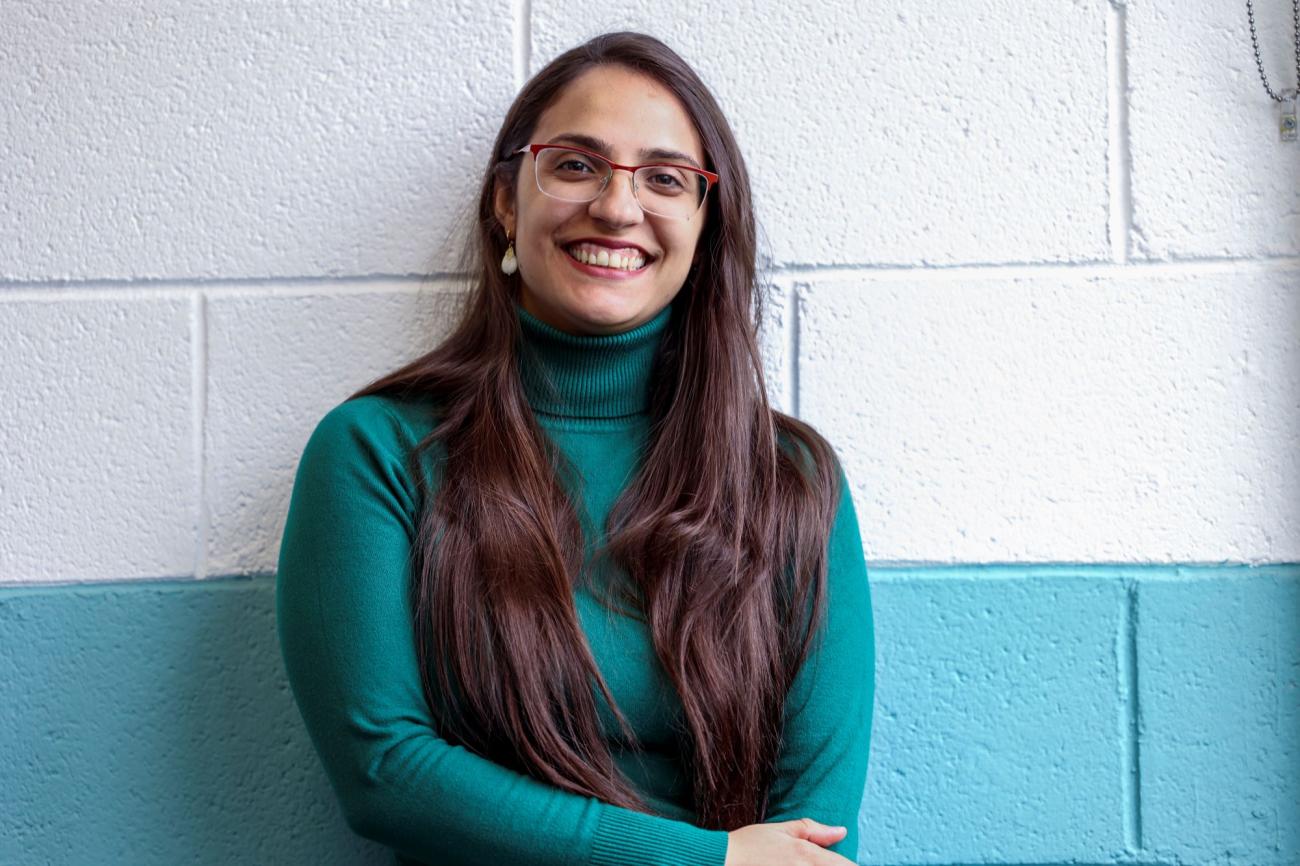
This programme offers both full-time and part-time study options to suit your schedule and preferences.

The MA in Ethics (Corporate Responsibility) specifically expands on the theoretical perspective of business ethics as well as its practical management tools.
Upon successful completion of the course of study for this award, a graduate will be able to:
Demonstrate an understanding of a broad range of ethical theories and principles that are at the forefront of general and applied ethics.

You'll be enrolled in this part-time, two-year programme, which consists of six taught modules and a minor thesis:
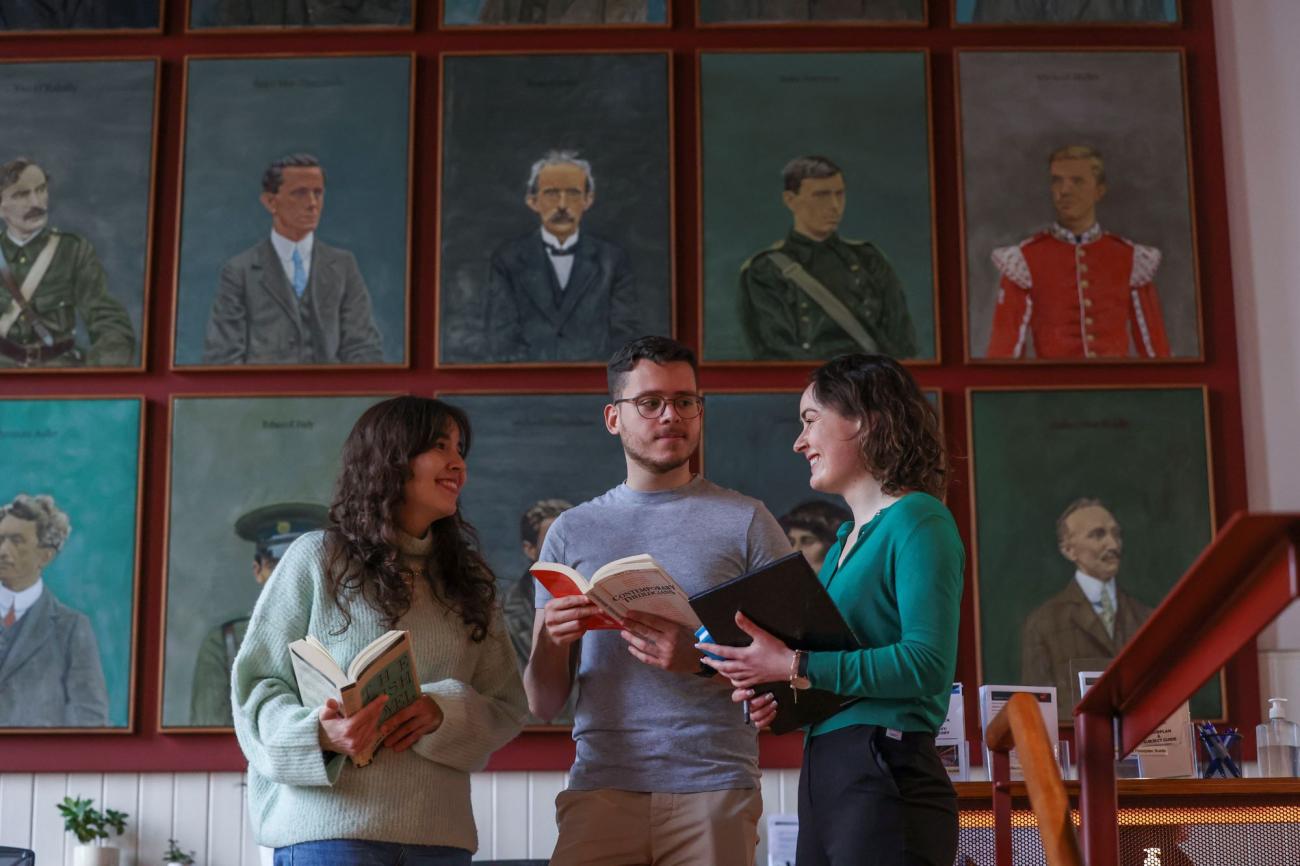
Classes in this programme use a mix of seminars, workshops, small group discussions, and field trips to teach the material.
The focus is on promoting active and independent learning. Each module is worth 10 credits and is assessed through ongoing evaluations, which can include reviews, essays, research papers, learning journals, and class presentations.

As a full-time student, here's how your programme will be structured:
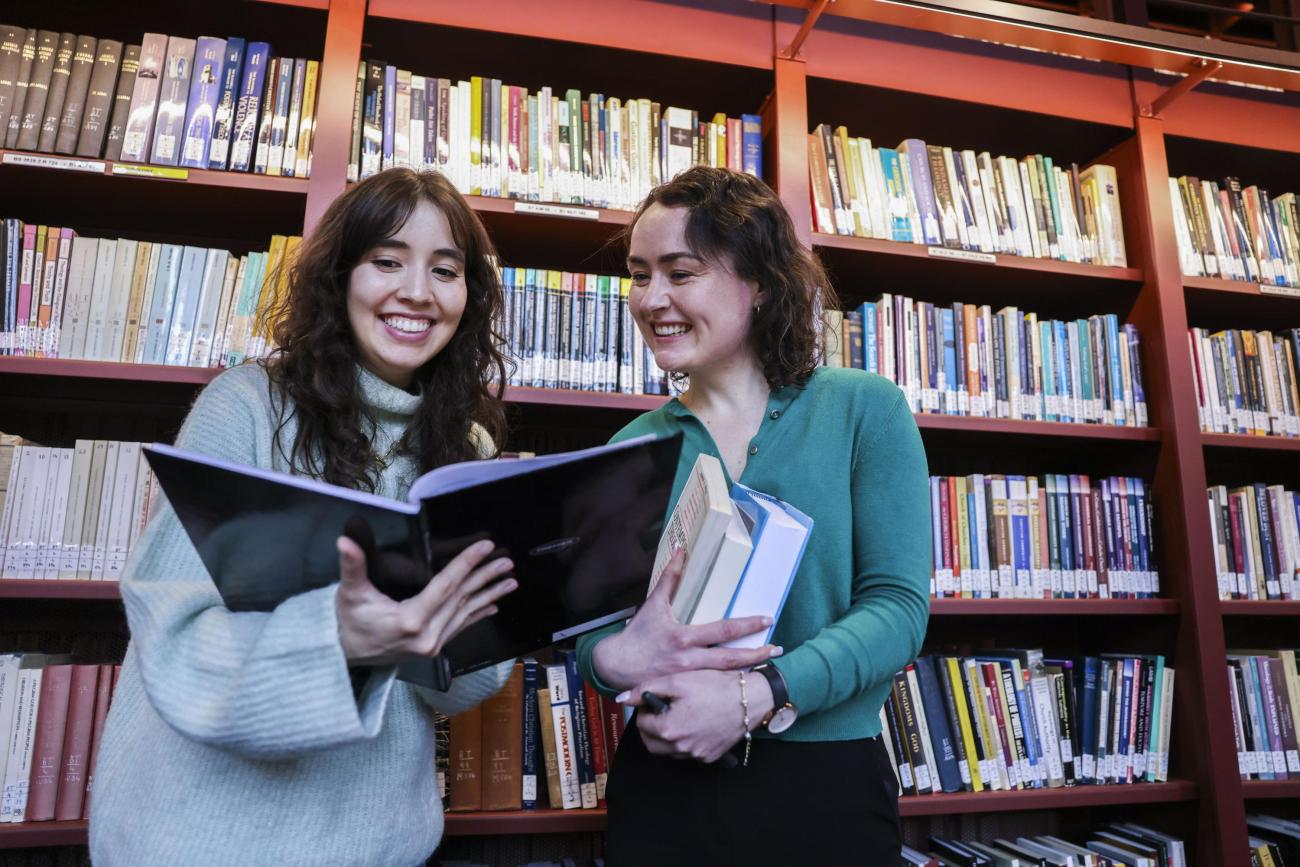
Climate change has increasingly become a focal point in the realms of politics, policy development, strategic planning, business operations, and civil society. This heightened attention encompasses efforts to reduce our environmental footprint as well as initiatives aimed at fortifying our ability to withstand present and future climate challenges. On the international stage, the Paris Agreement, established during the COP21 summit in December 2015, charts a course toward complete decarbonisation of the global economy during the latter half of this century.
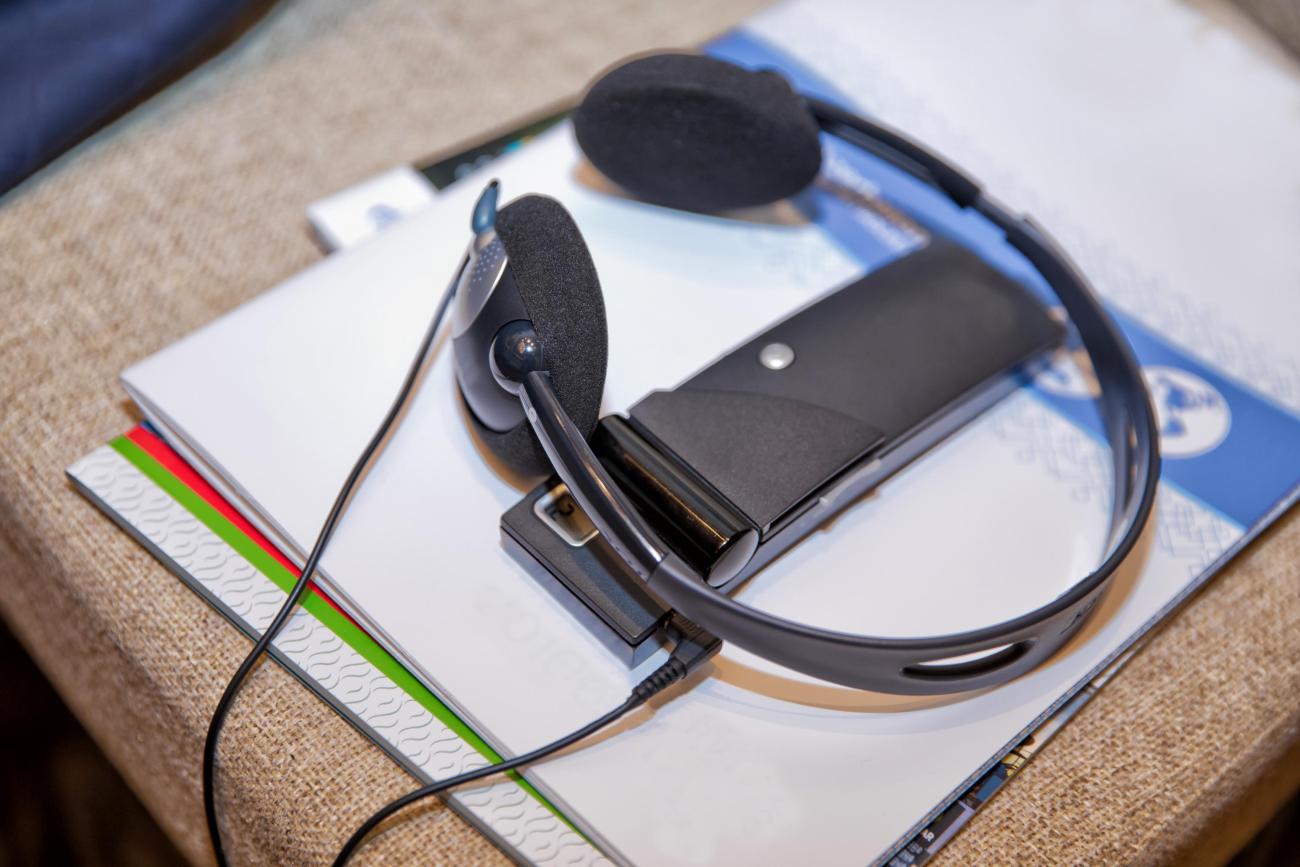
The programme covers various subjects such as Translation Technology, Audiovisual Translation, Research Methods, Translation Theory and Simulated Translation Practice. Students can choose to translate into English, except for those studying Irish, who translate into Irish. Additionally, students can focus on one or two languages (one in each semester): French, German, Irish, Spanish, Chinese and Japanese.
There are additional optional modules available, including Localisation, Community Interpreting and Digital Language and Discourse Methods.

The programme is normally delivered over 54 weeks from mid-September in four parts:

